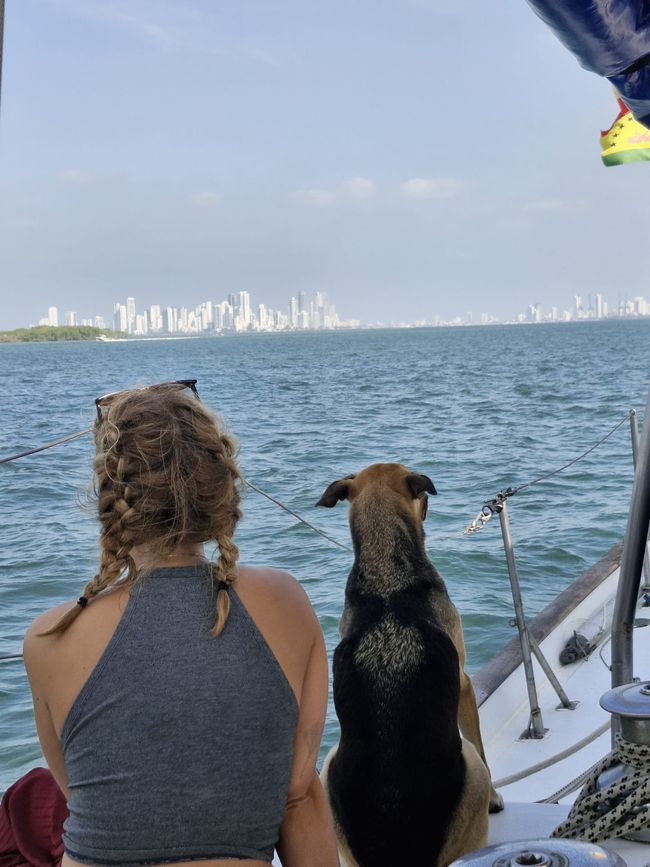Oh wow Pijao!
প্ৰকাশিত: 02.05.2024
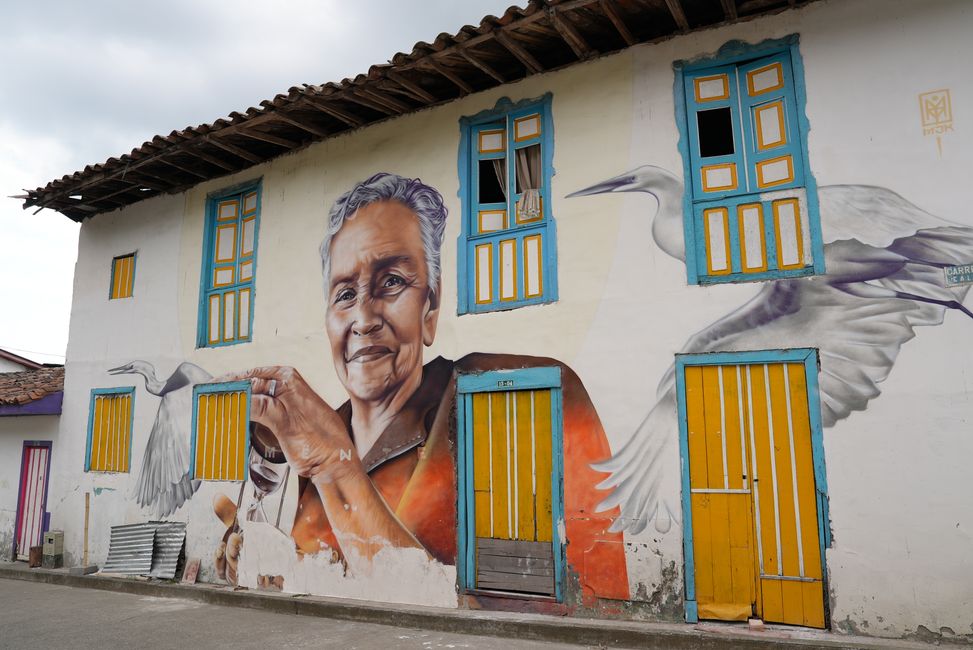
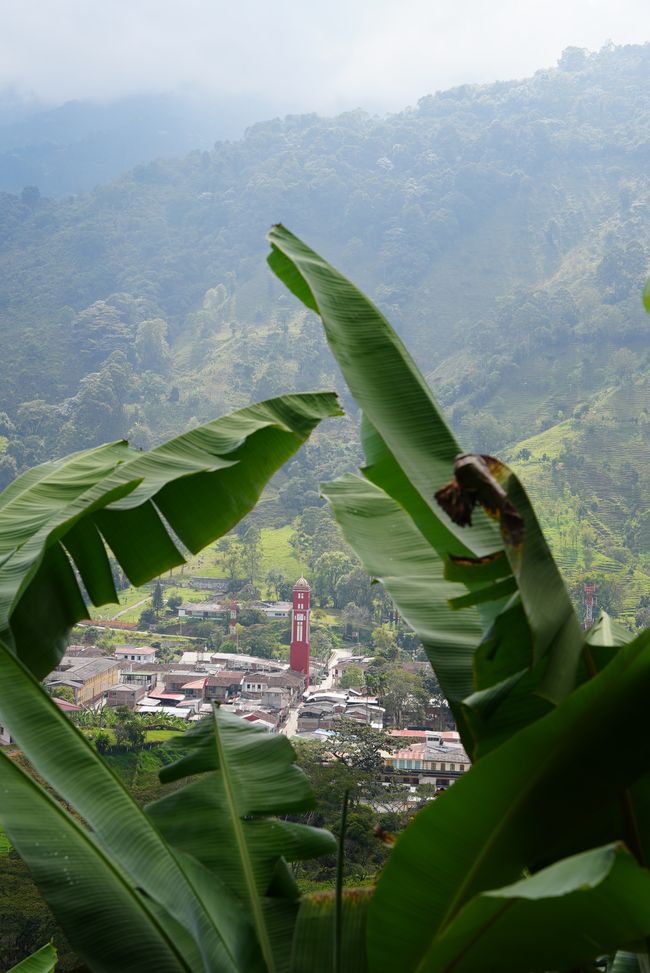
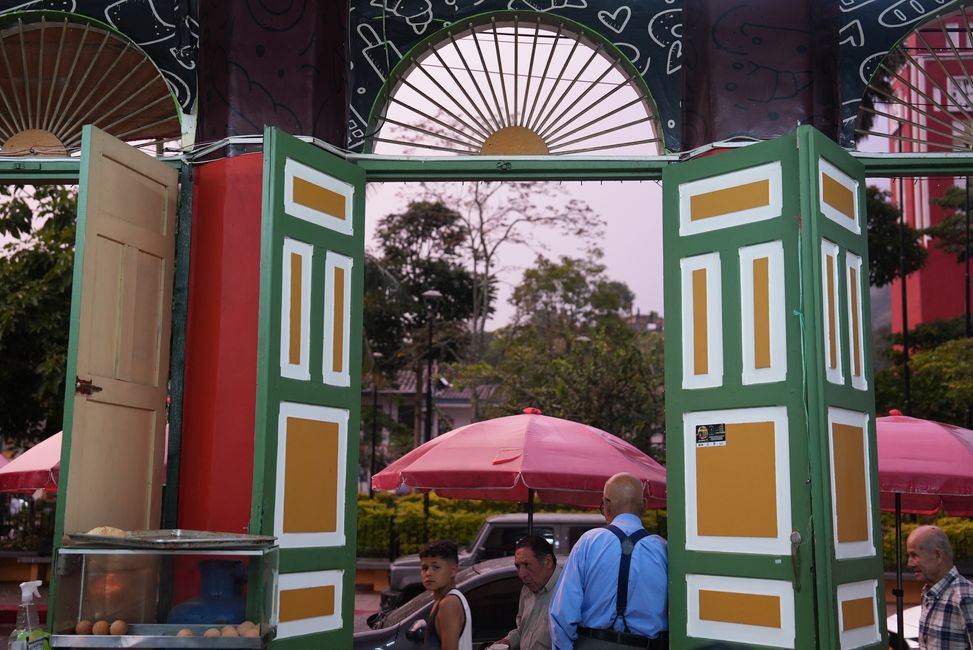
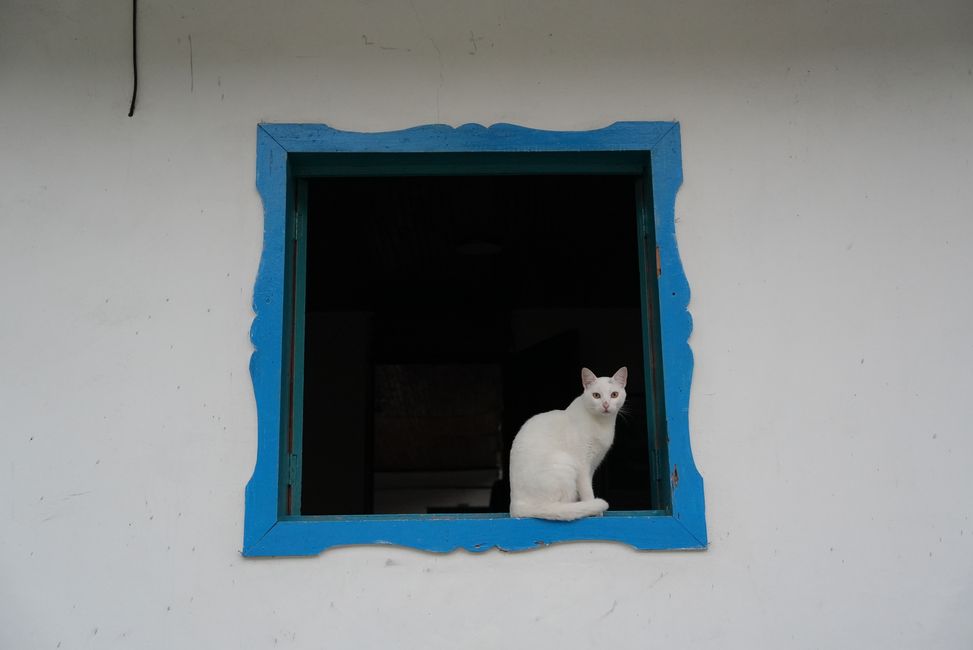
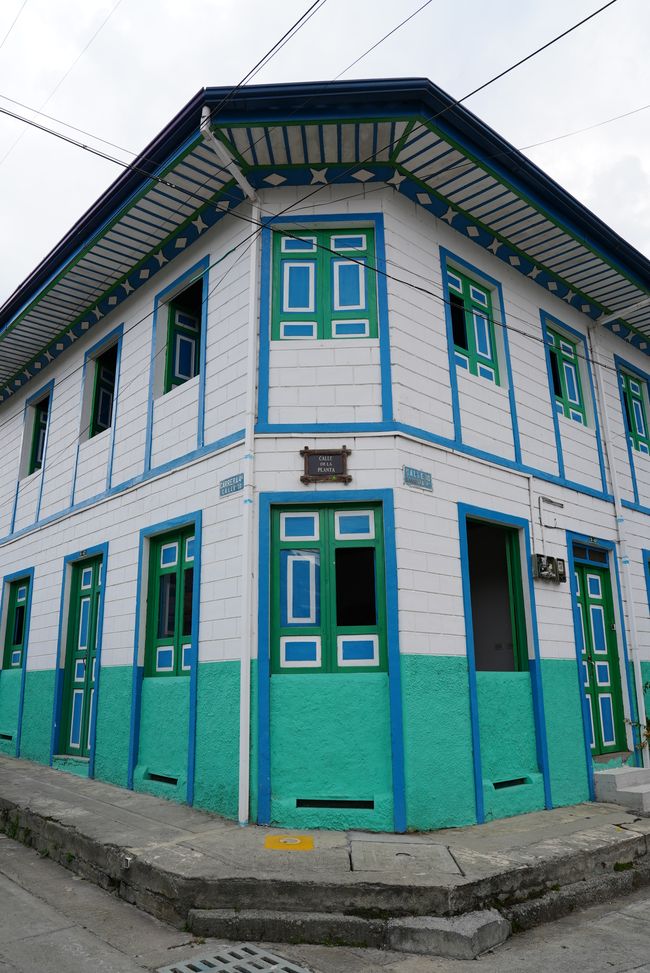
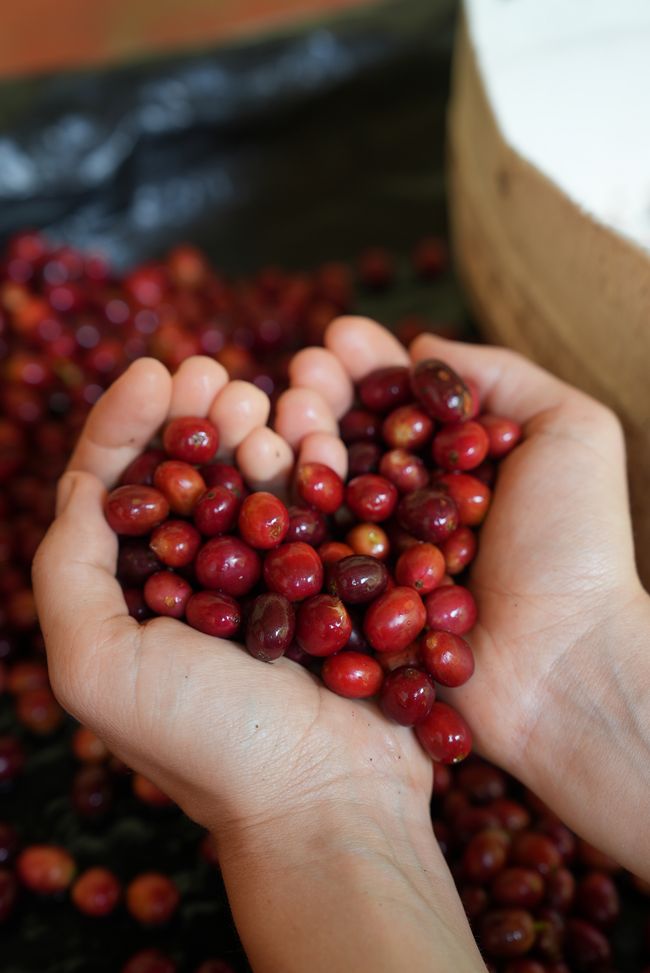
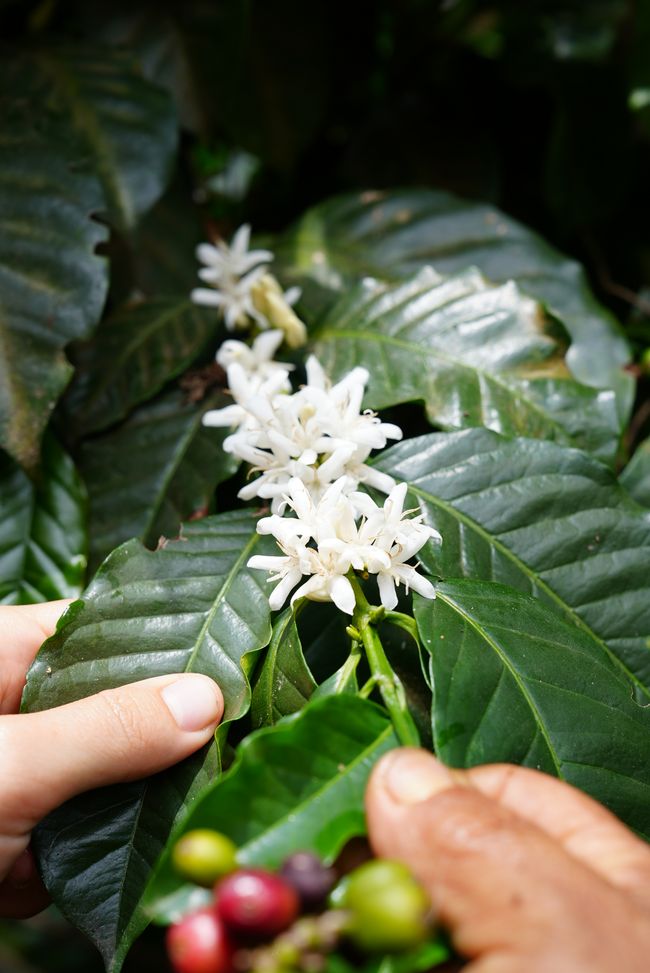
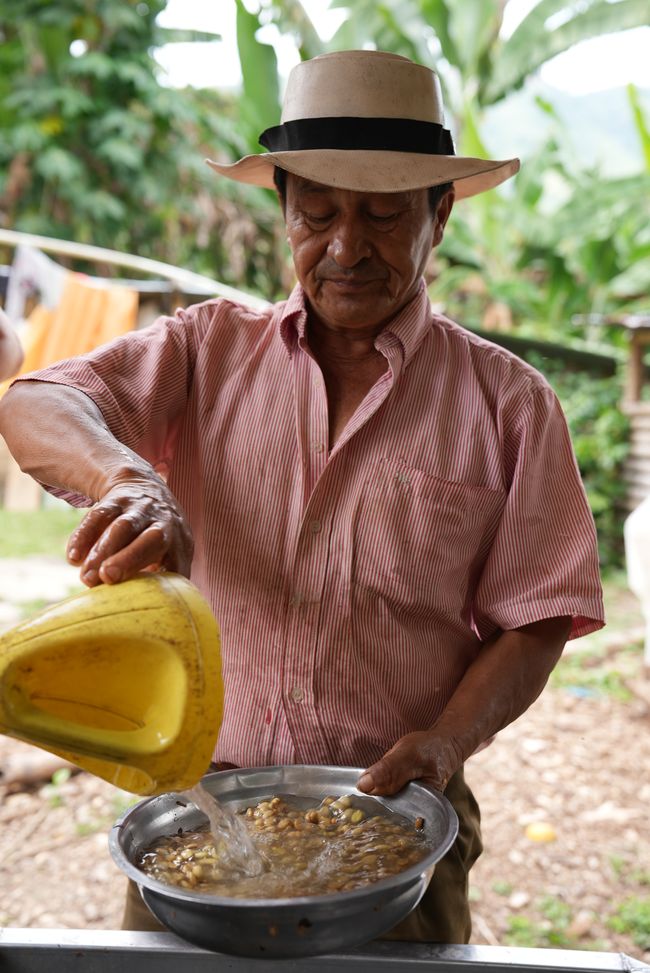
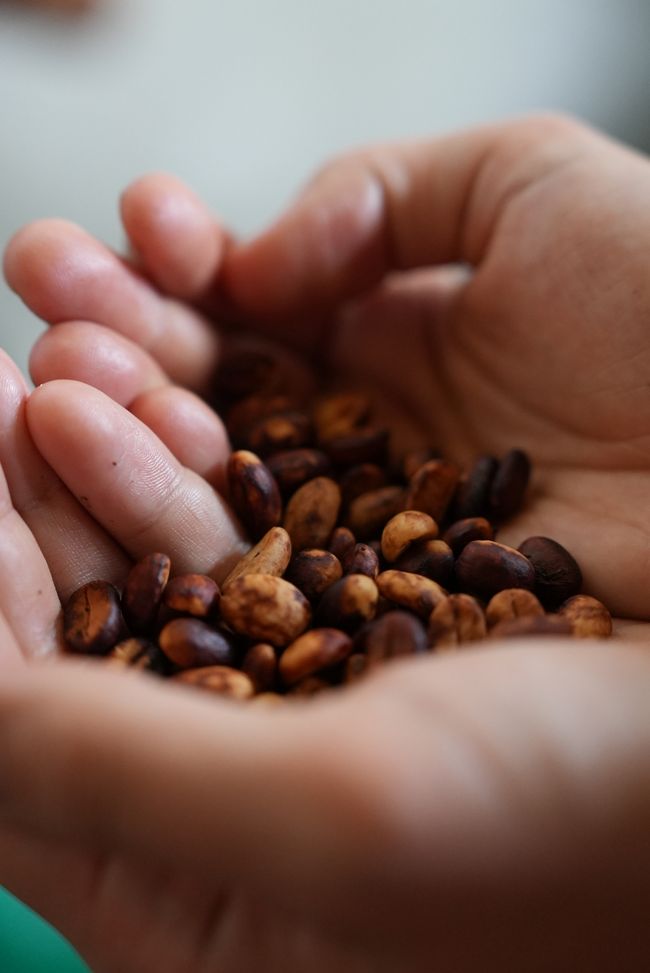
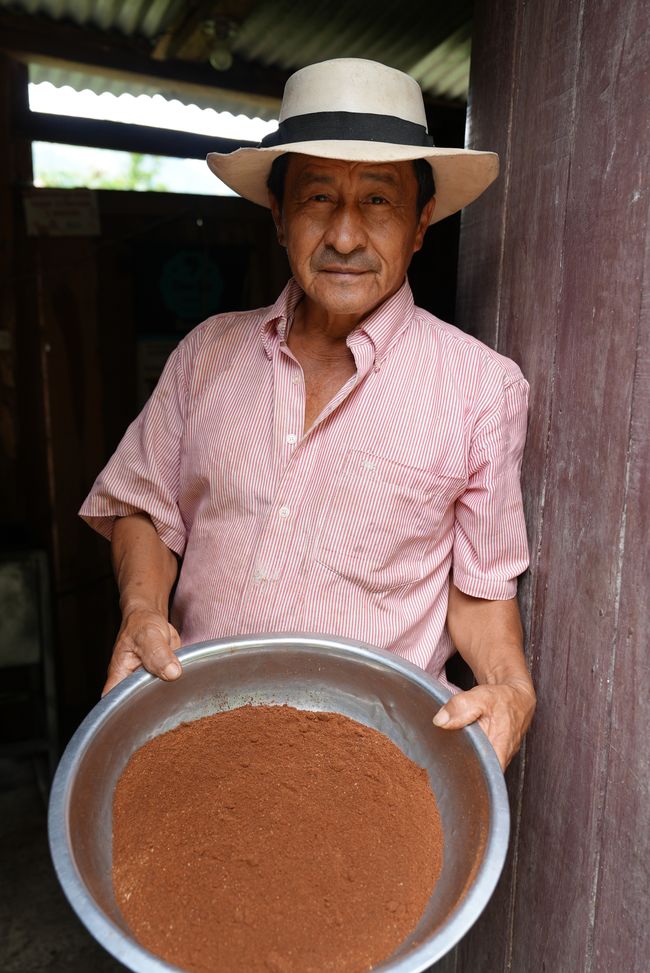
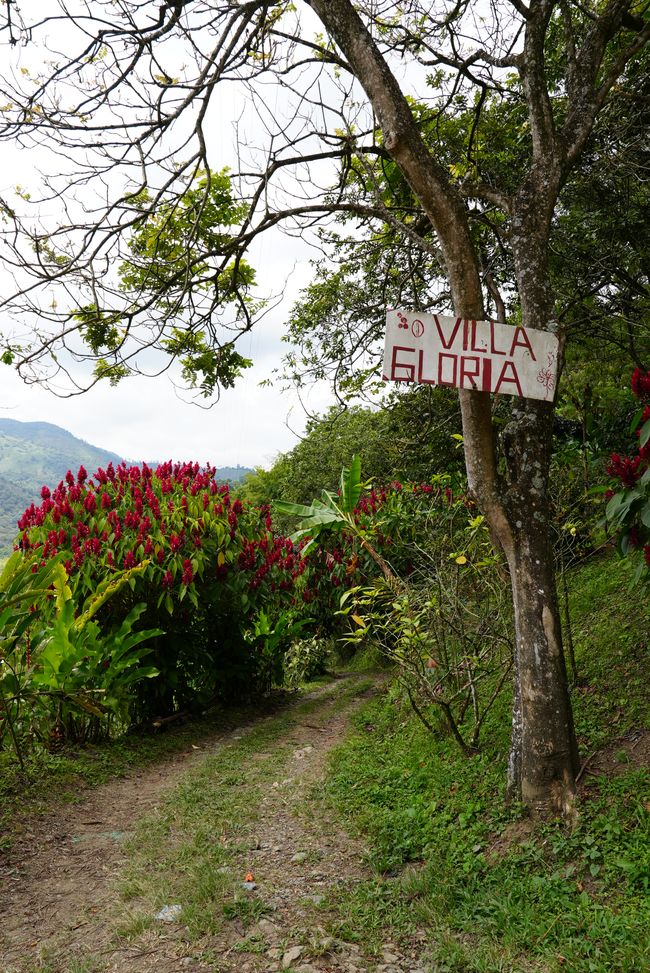
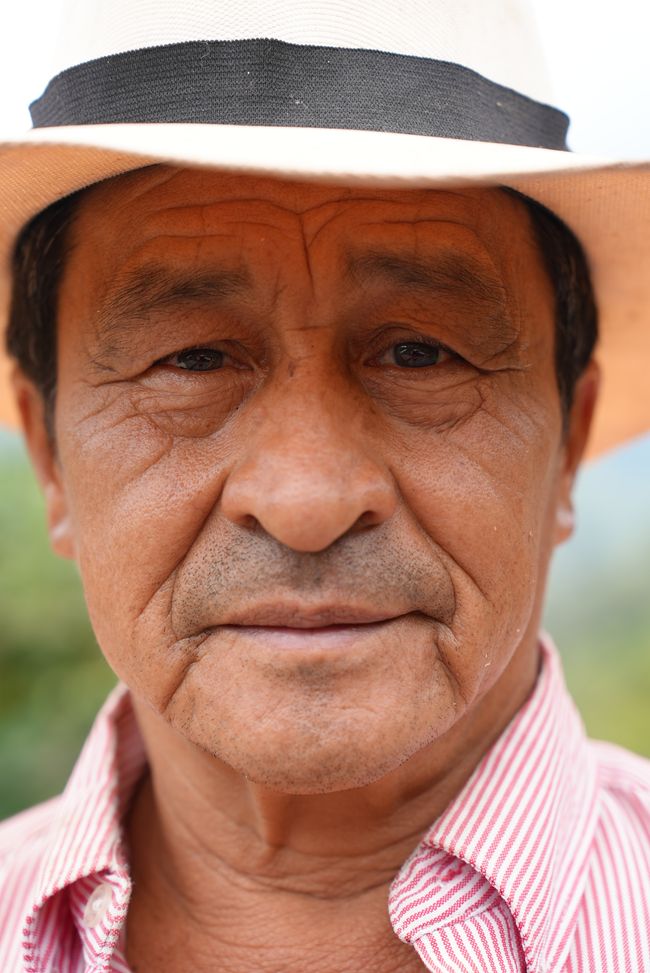
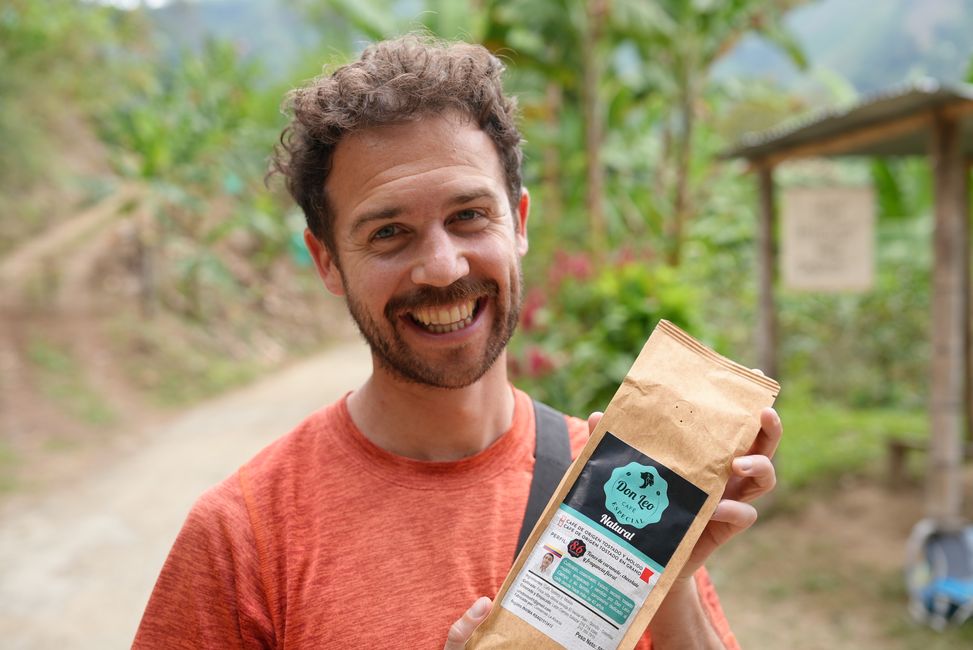
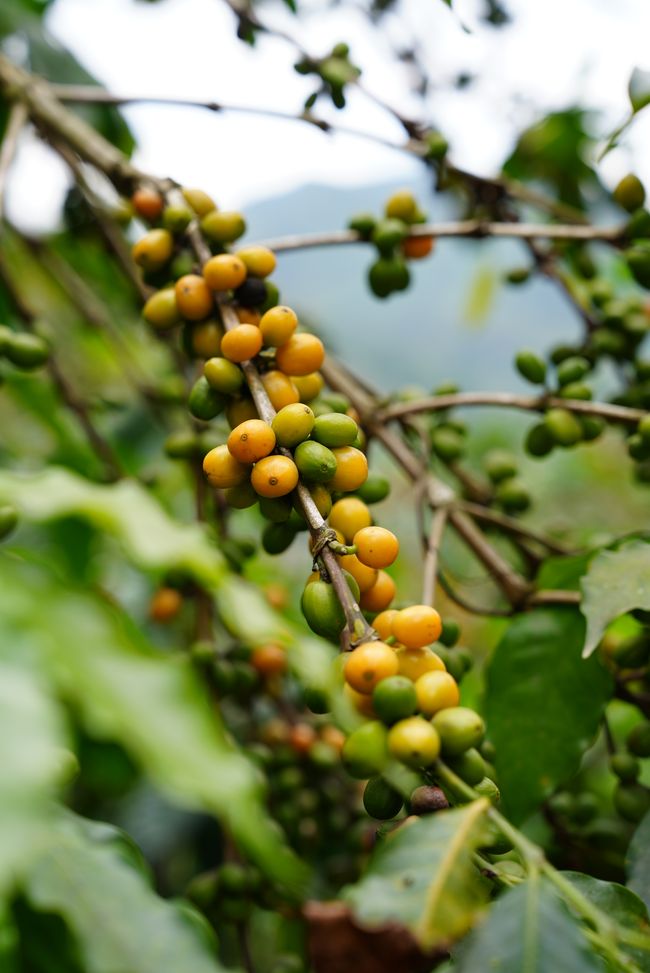
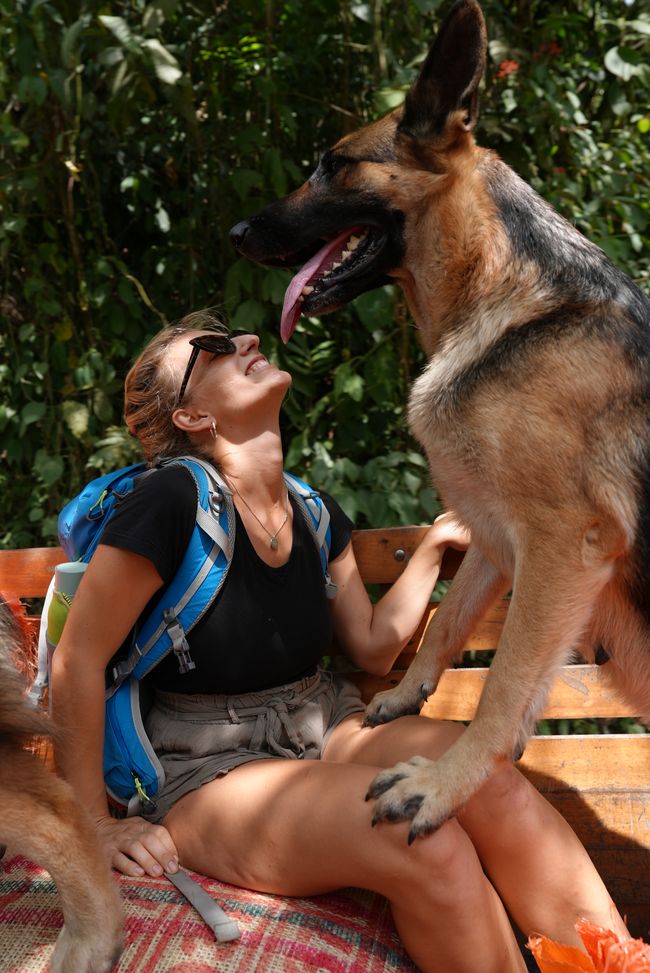
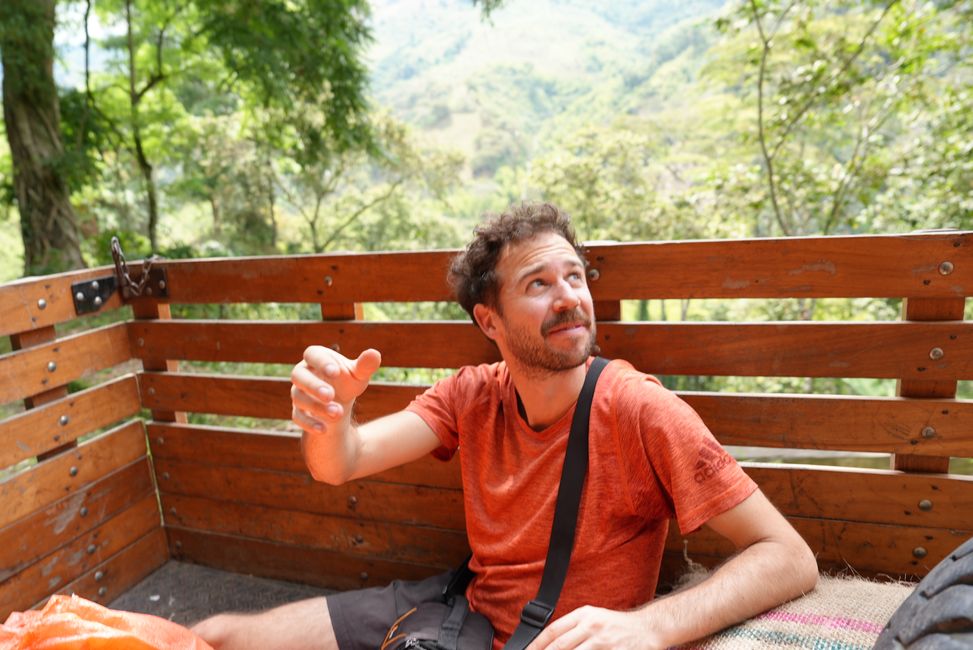
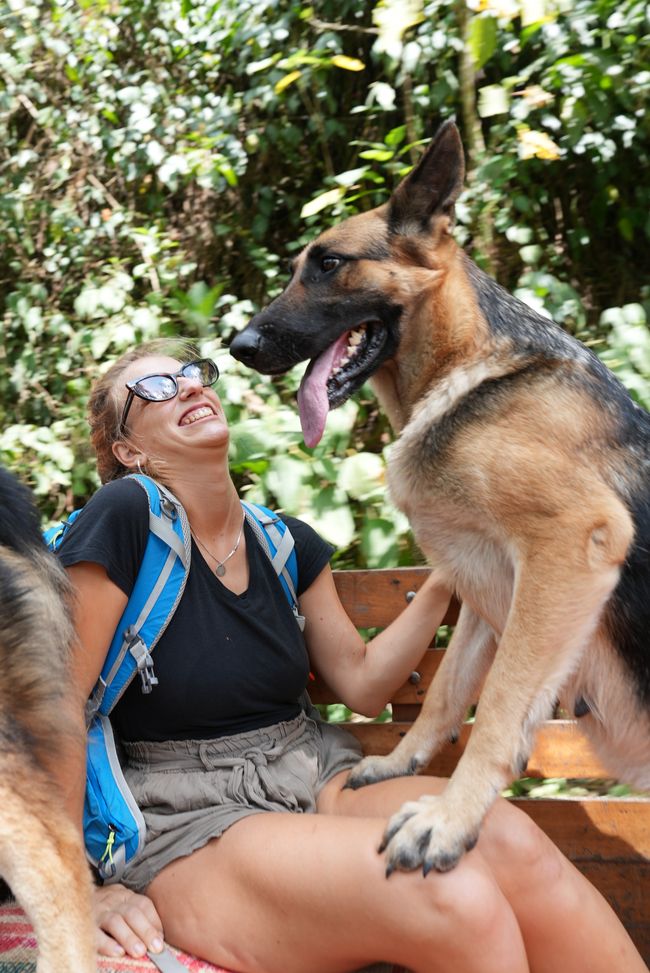
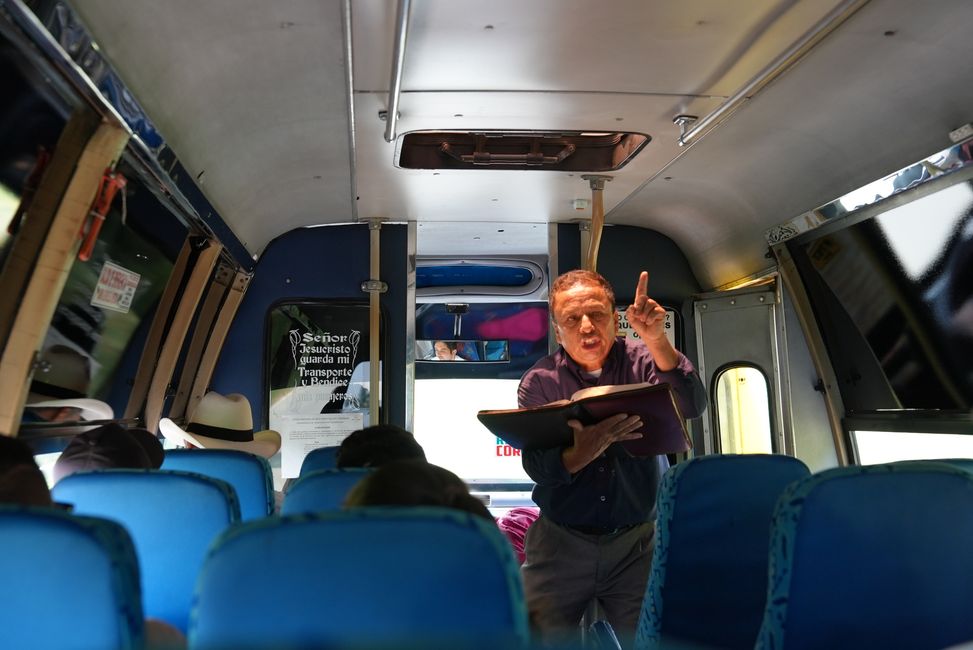
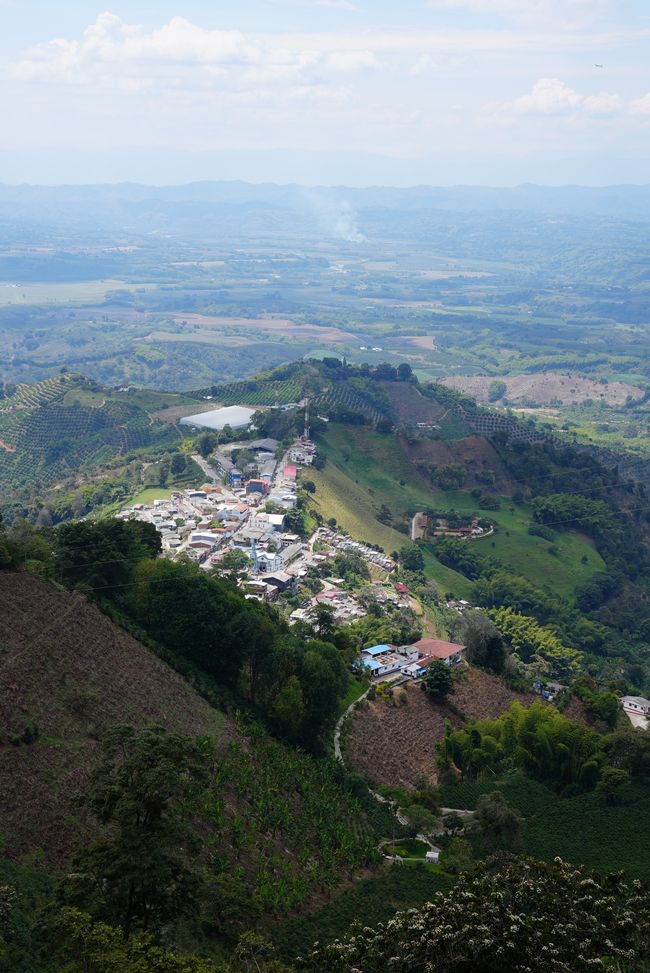
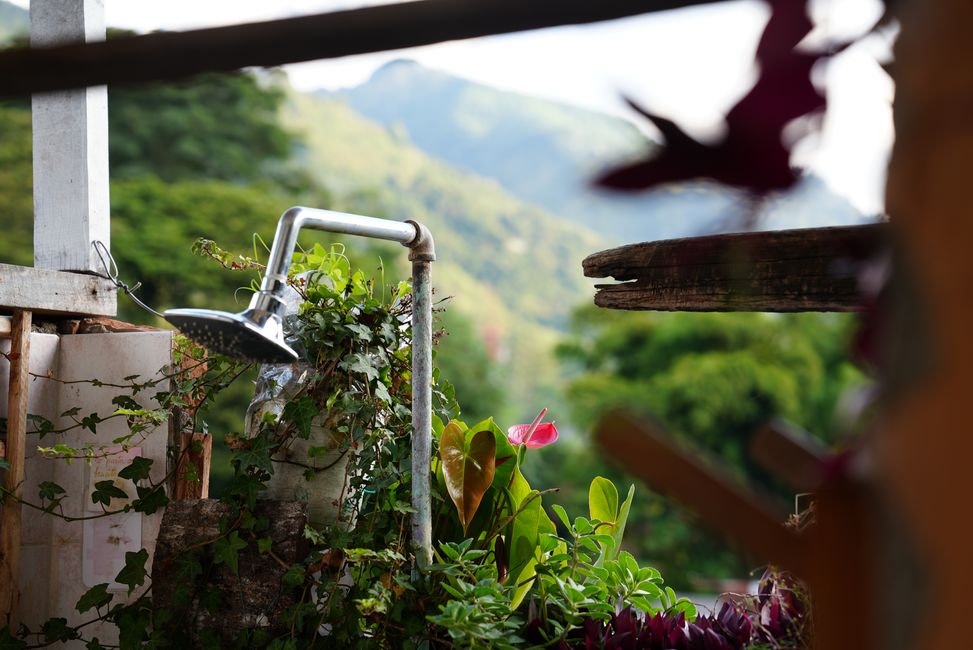
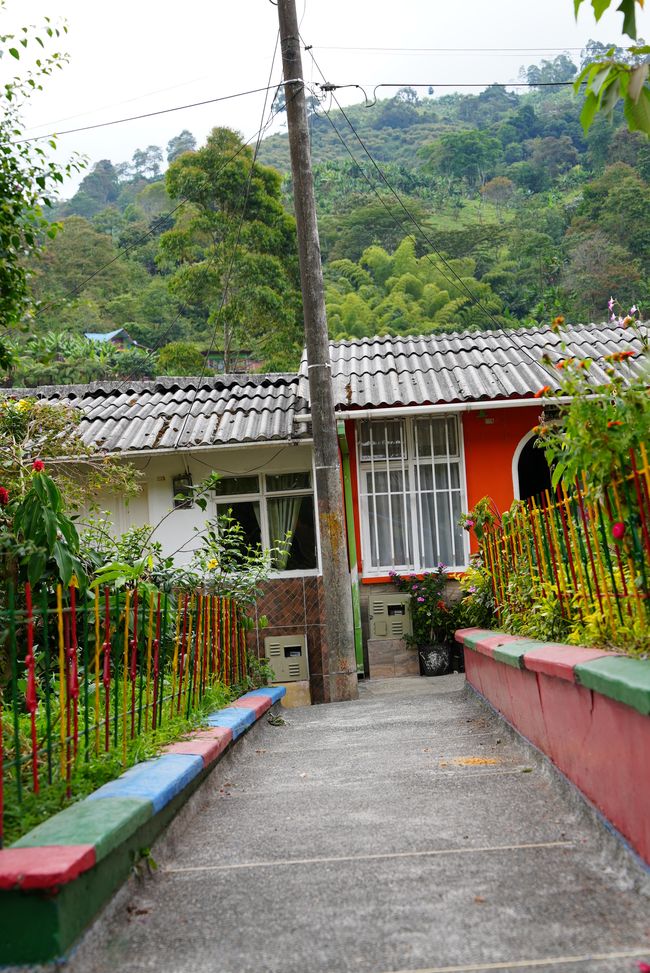
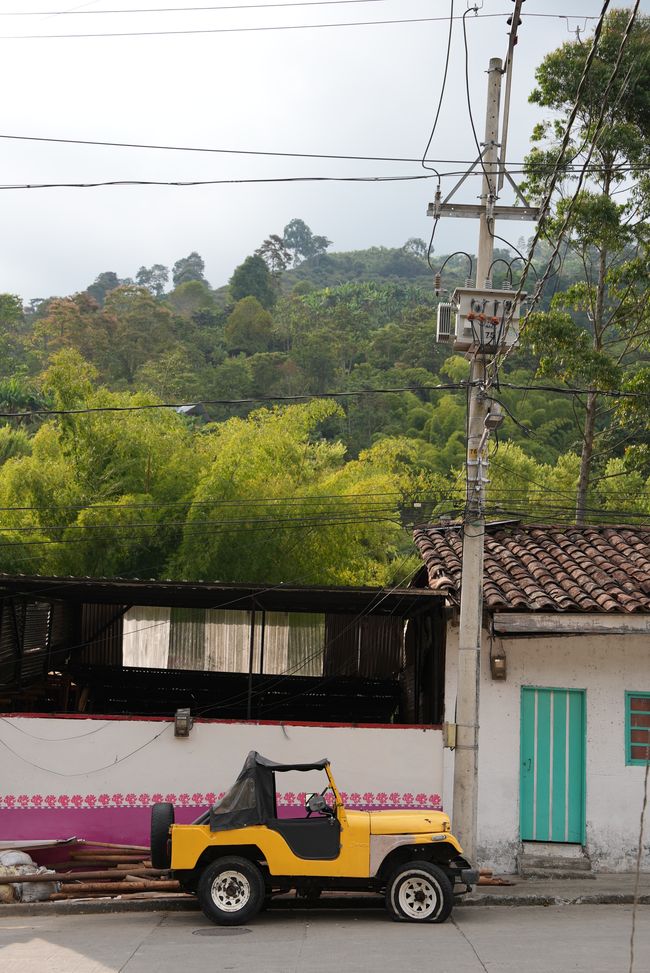
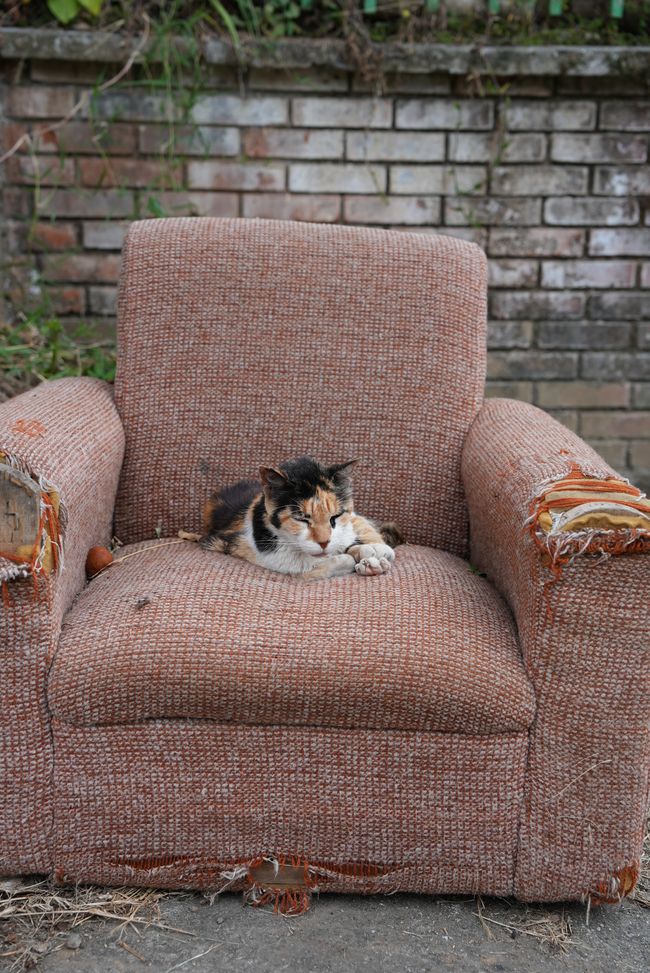
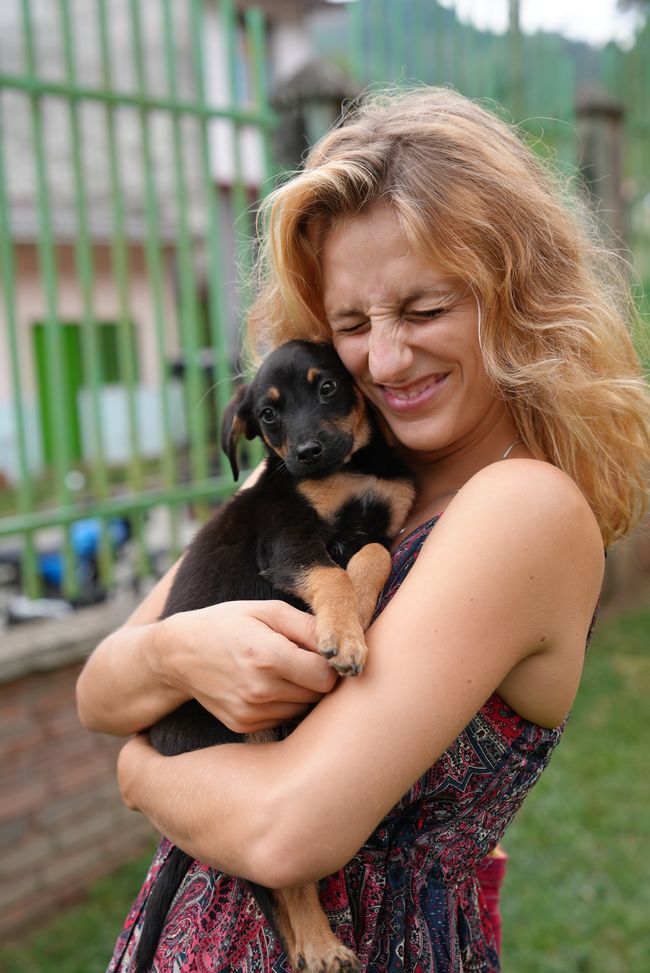
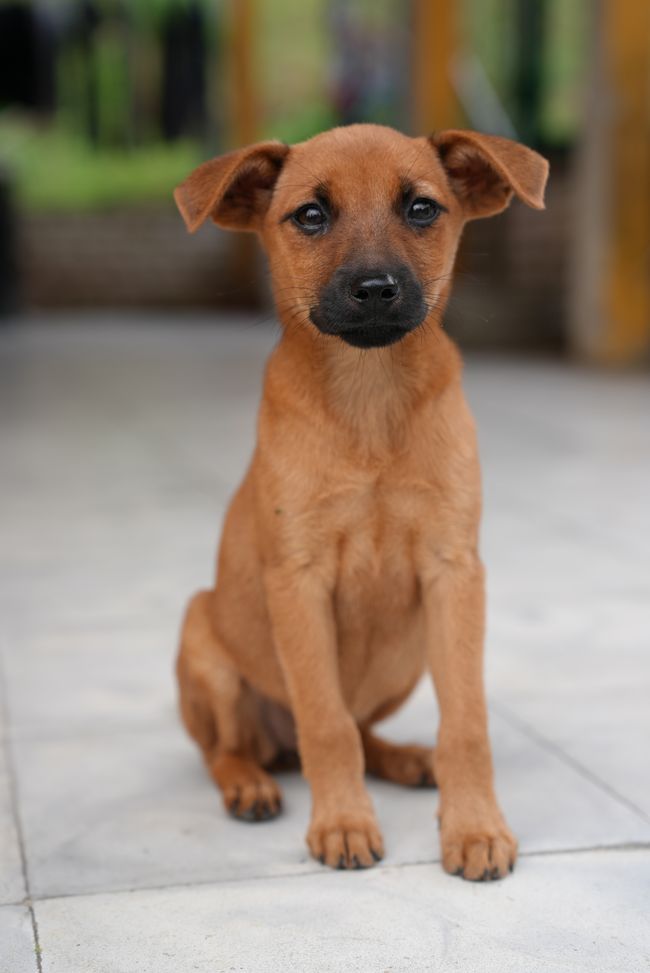
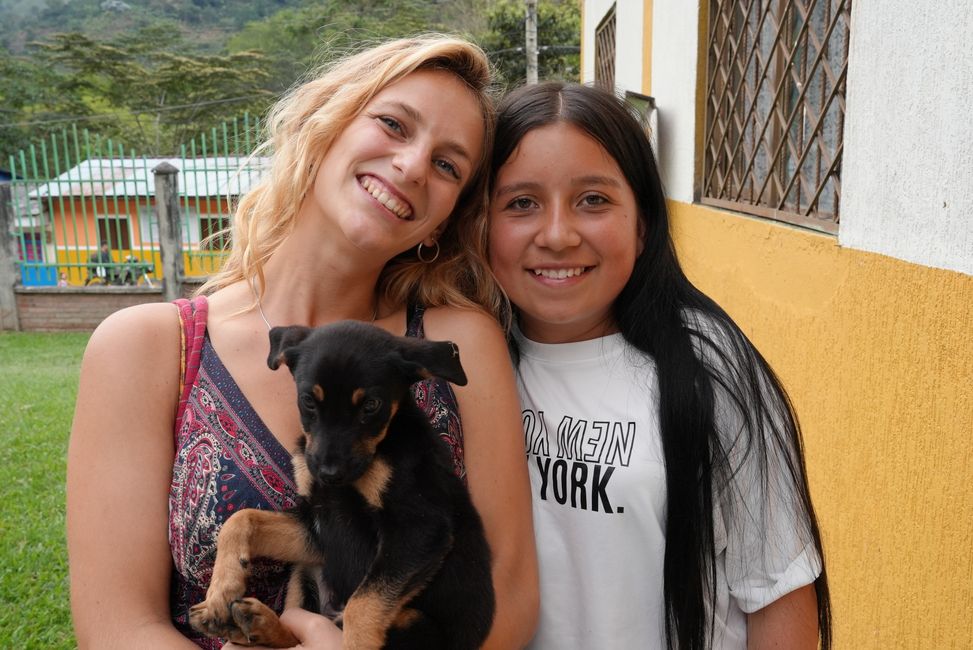
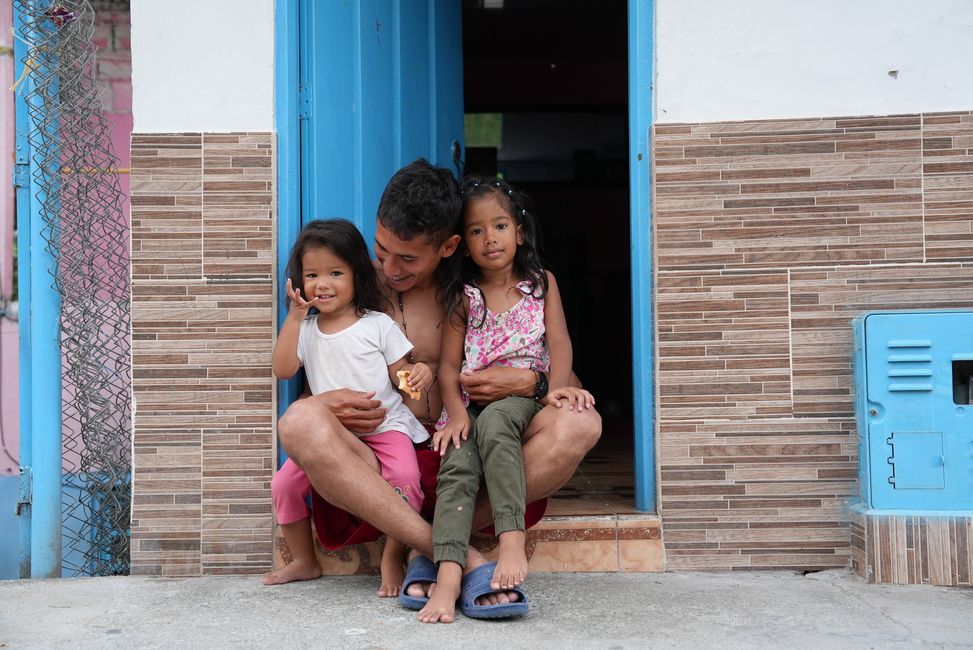
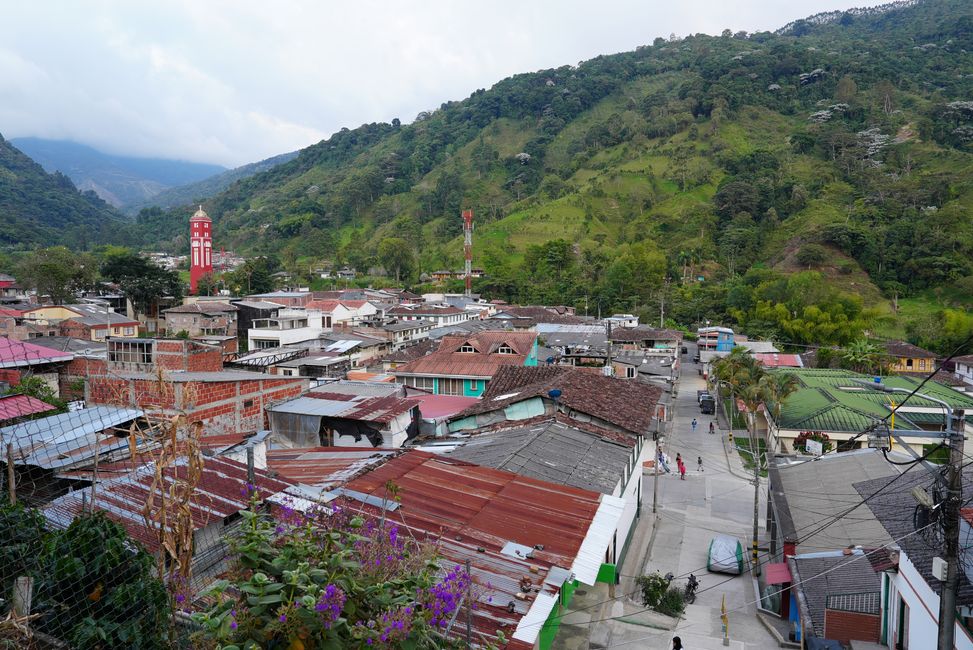
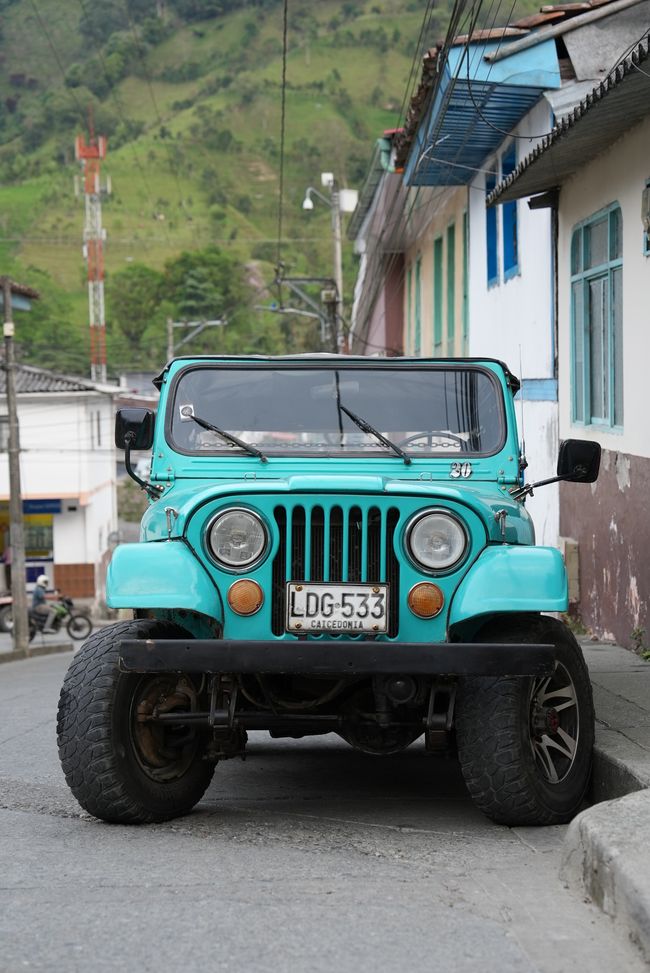
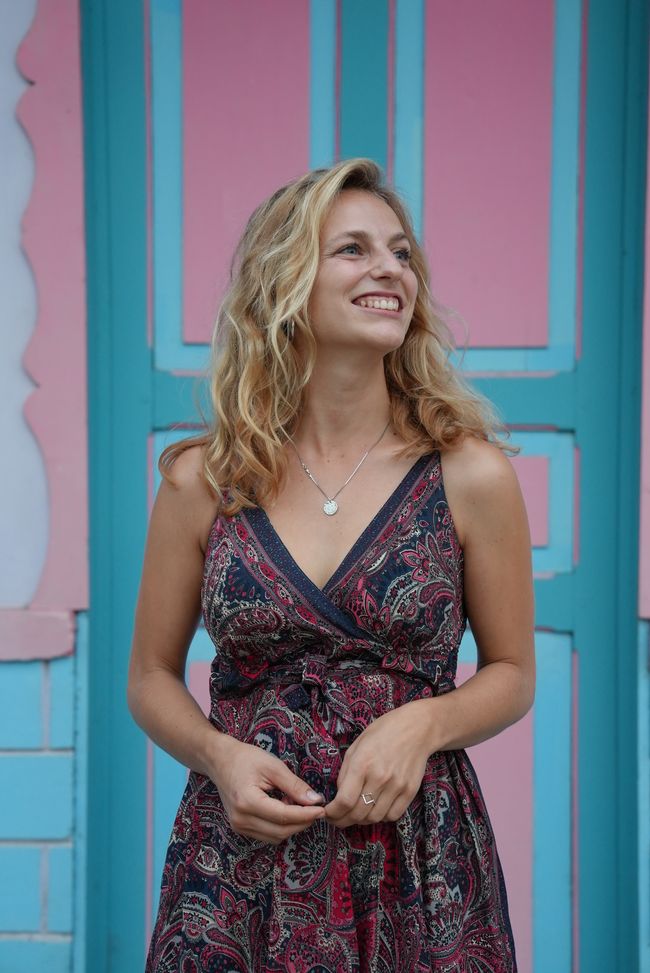
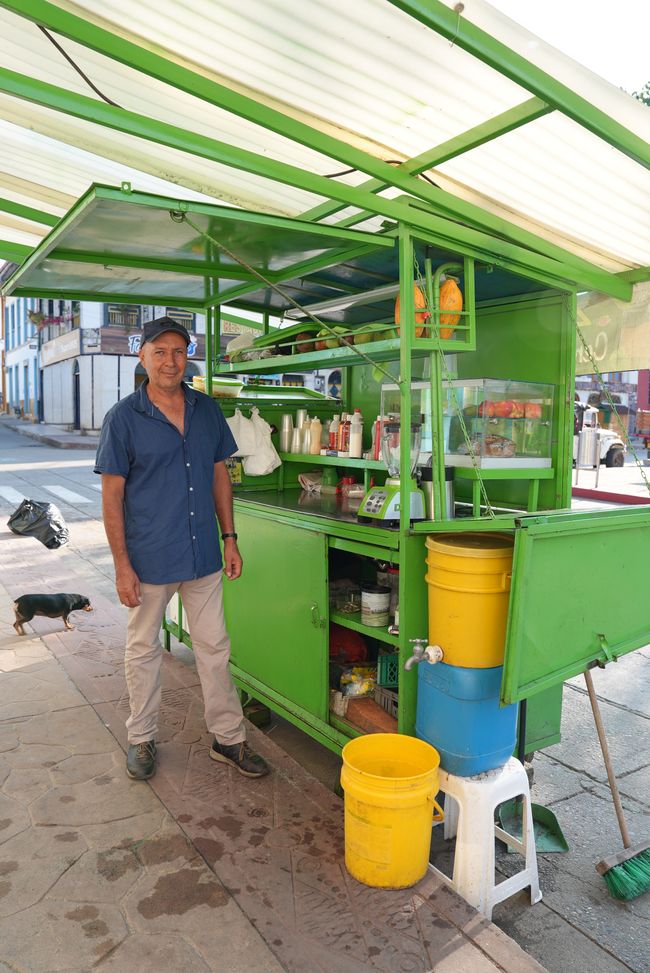
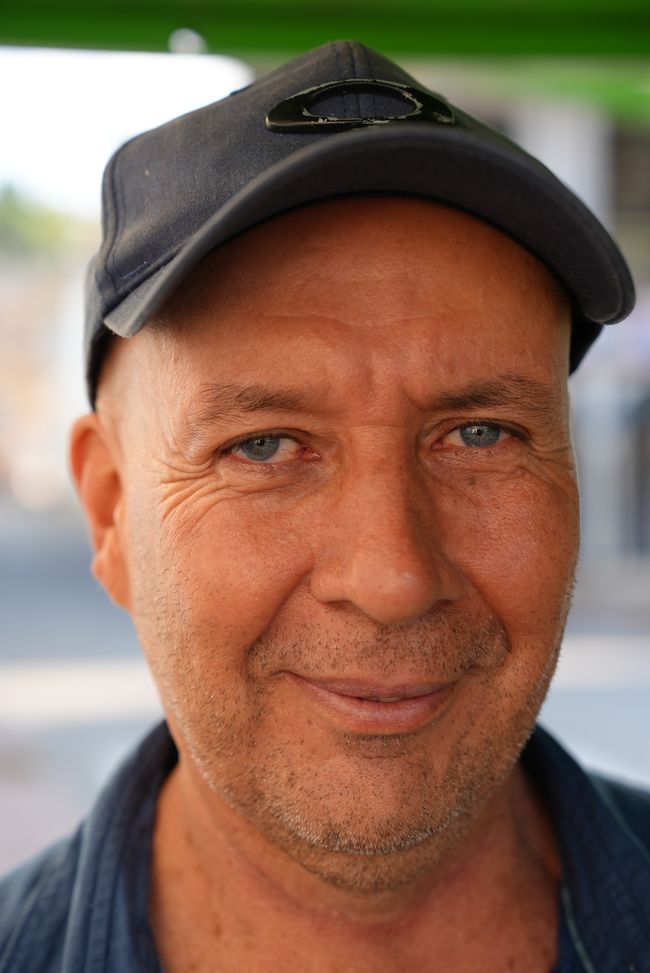
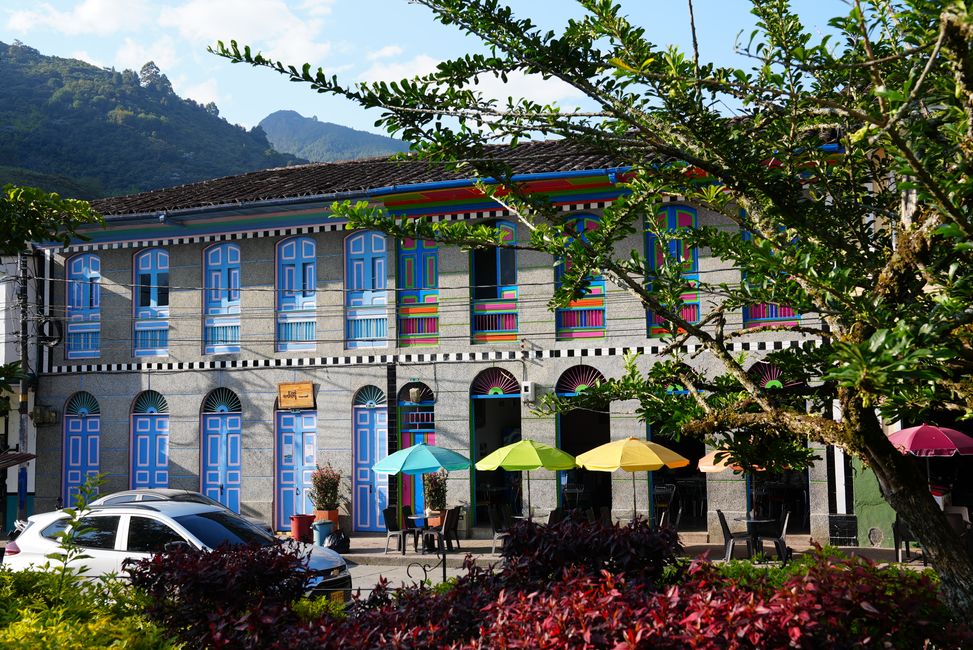
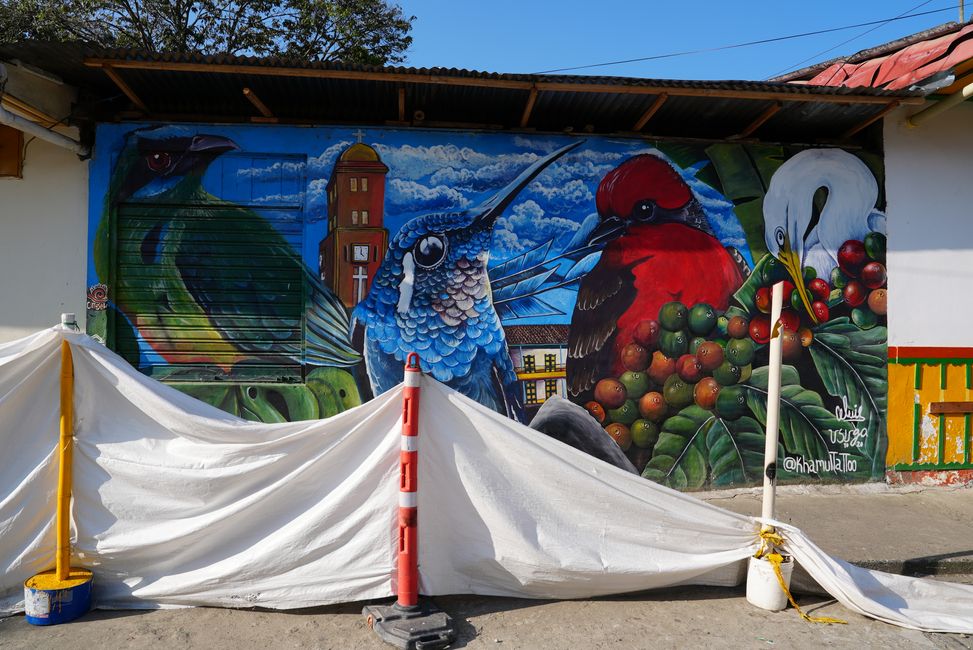
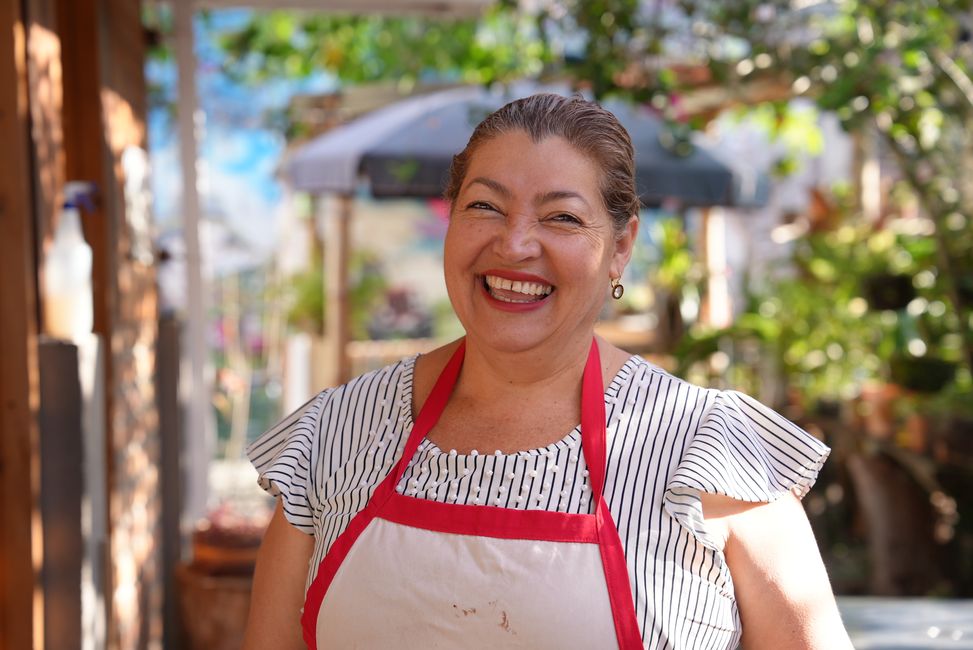
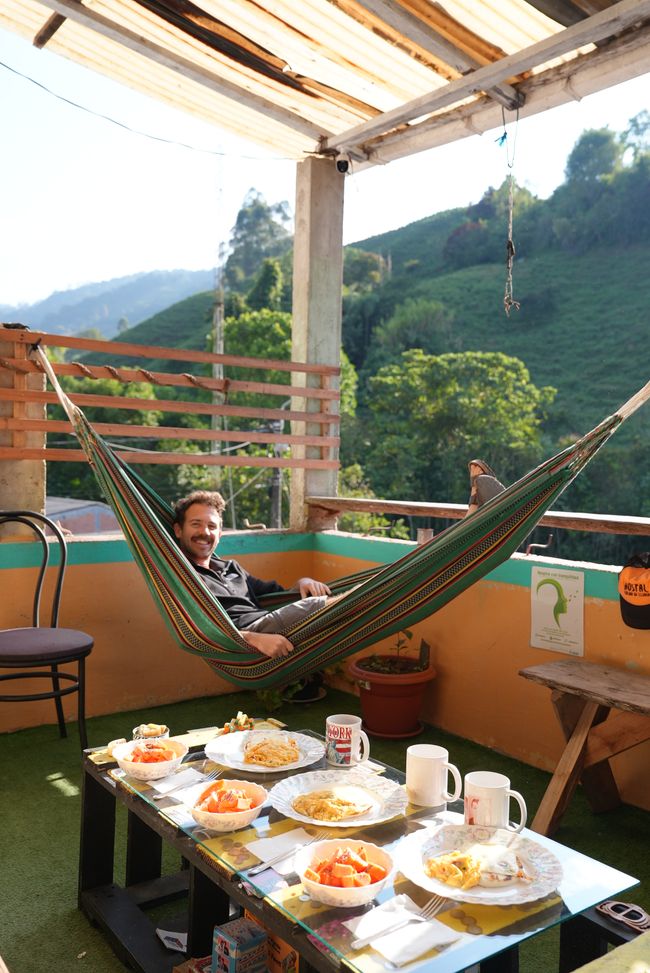
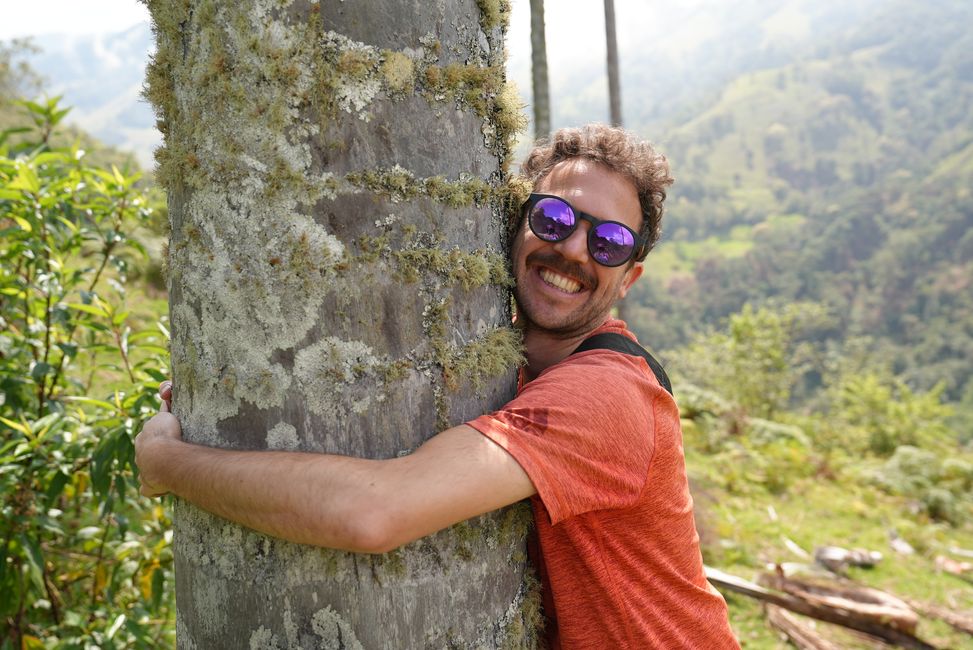
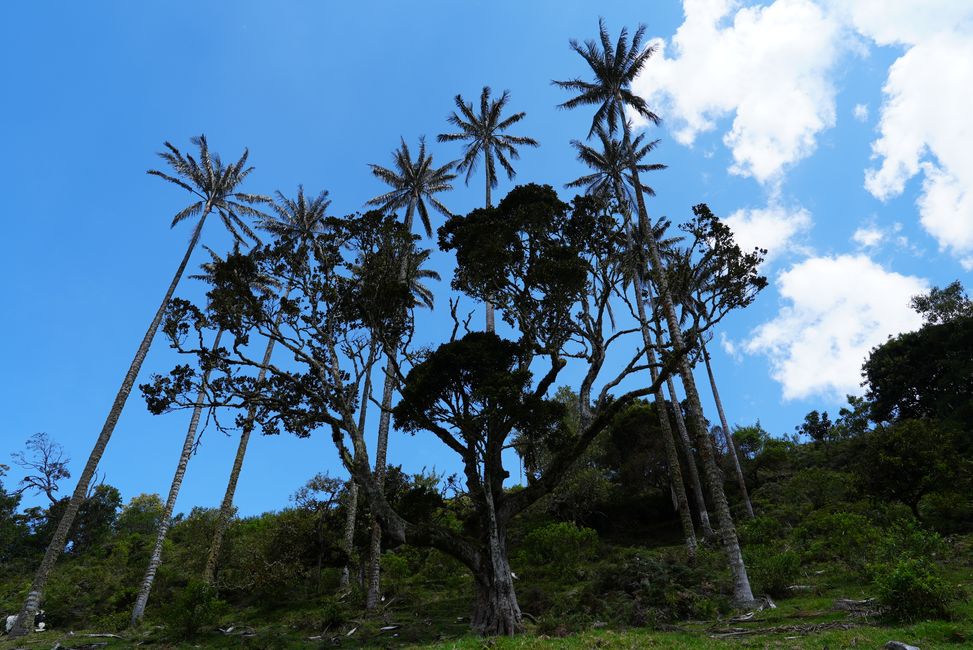
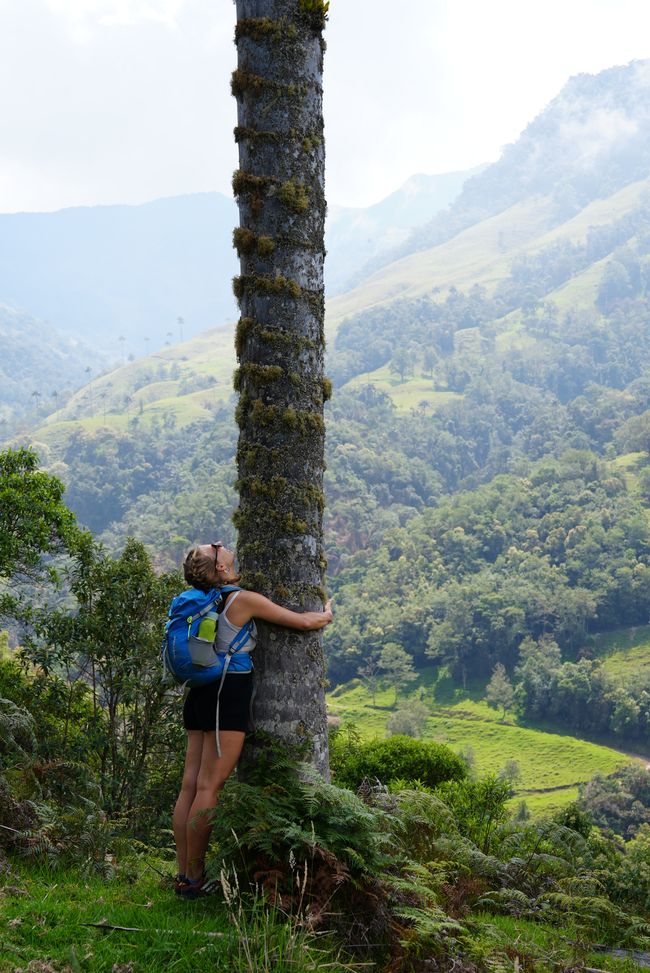
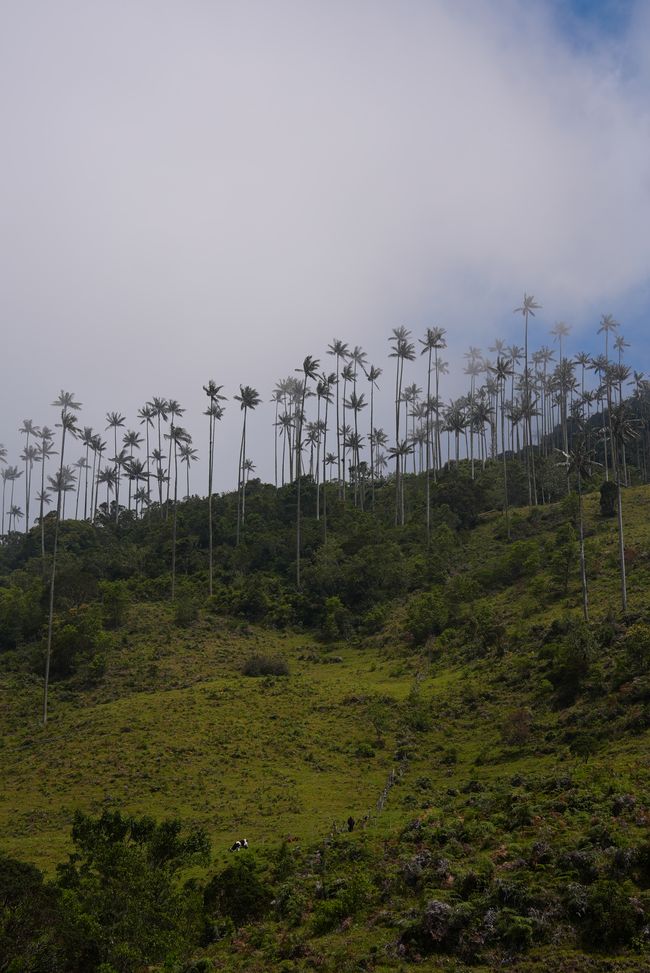
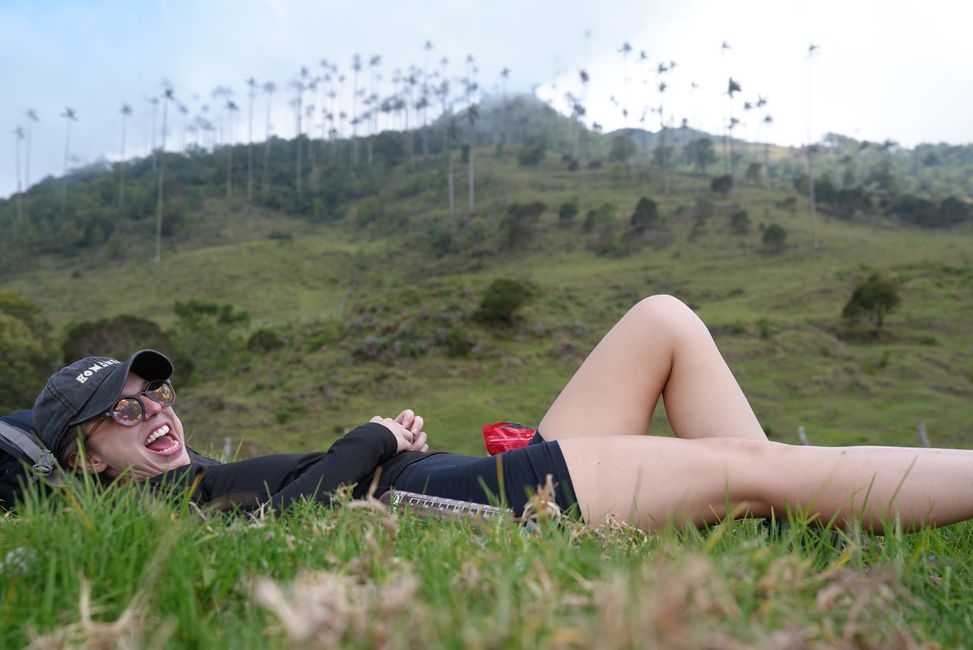

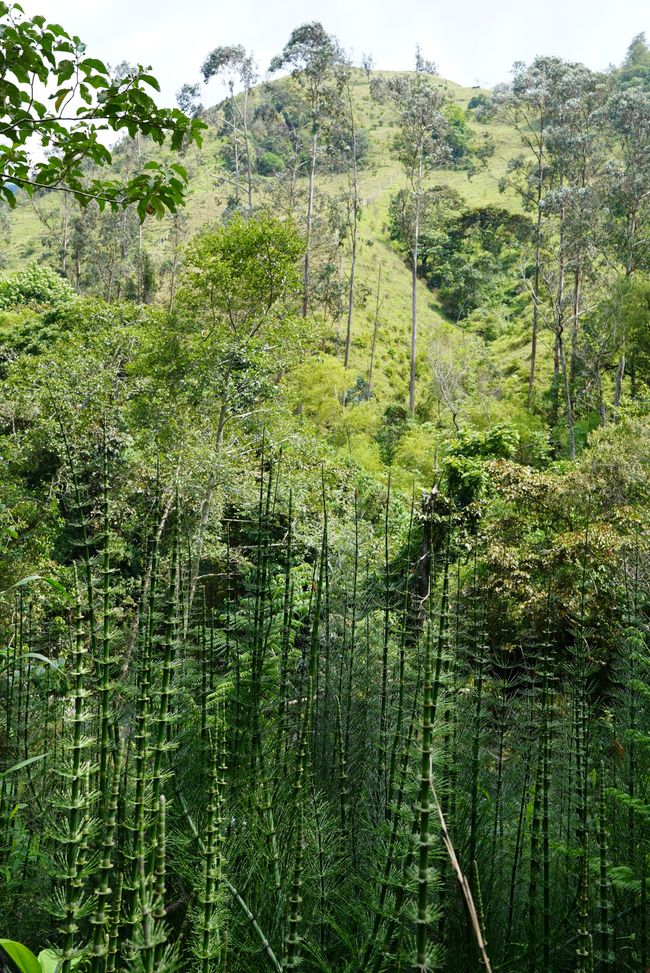
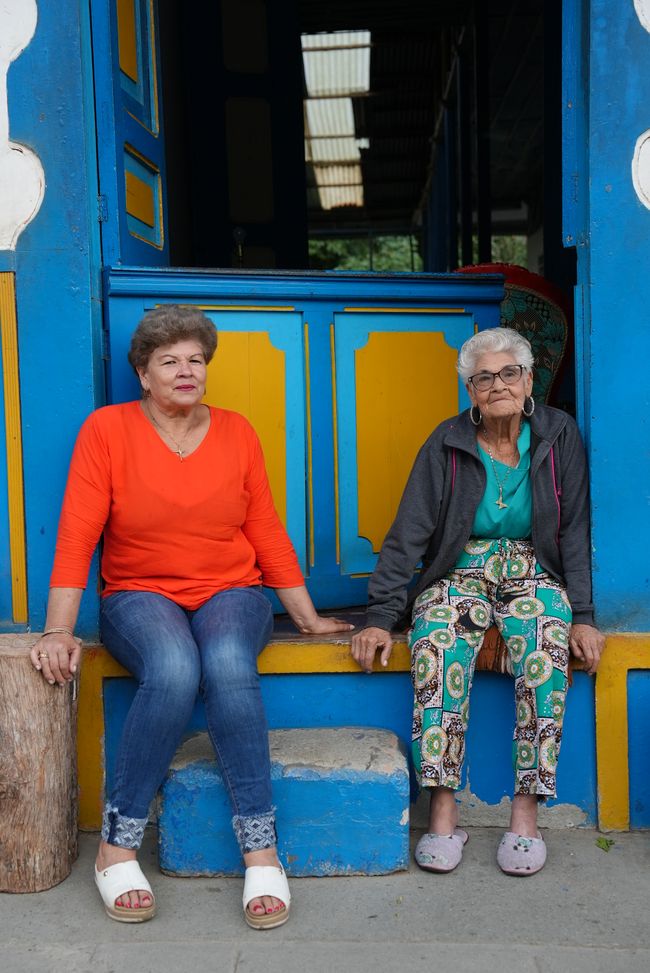
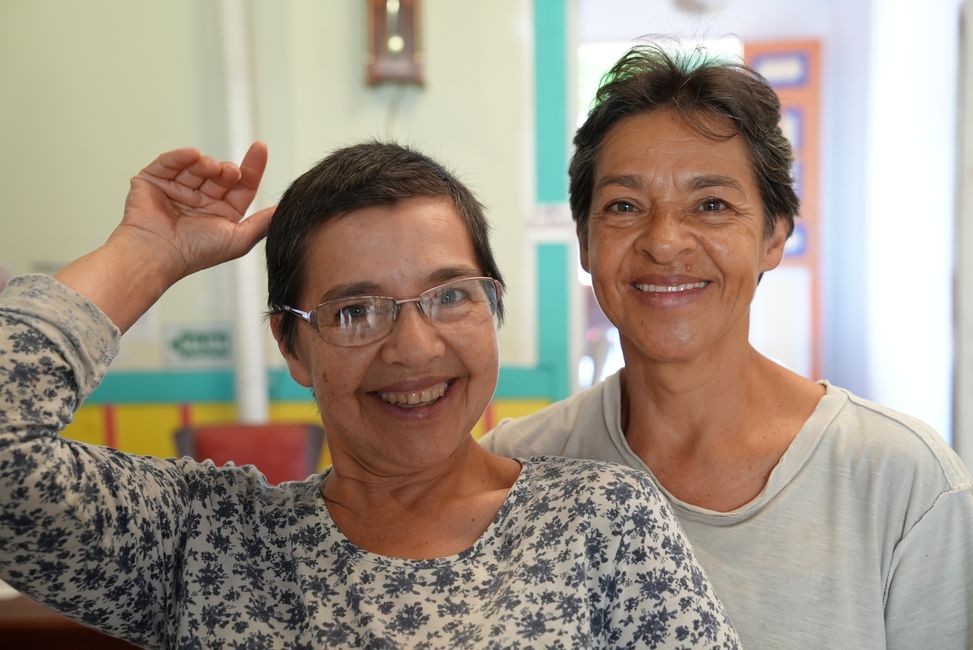
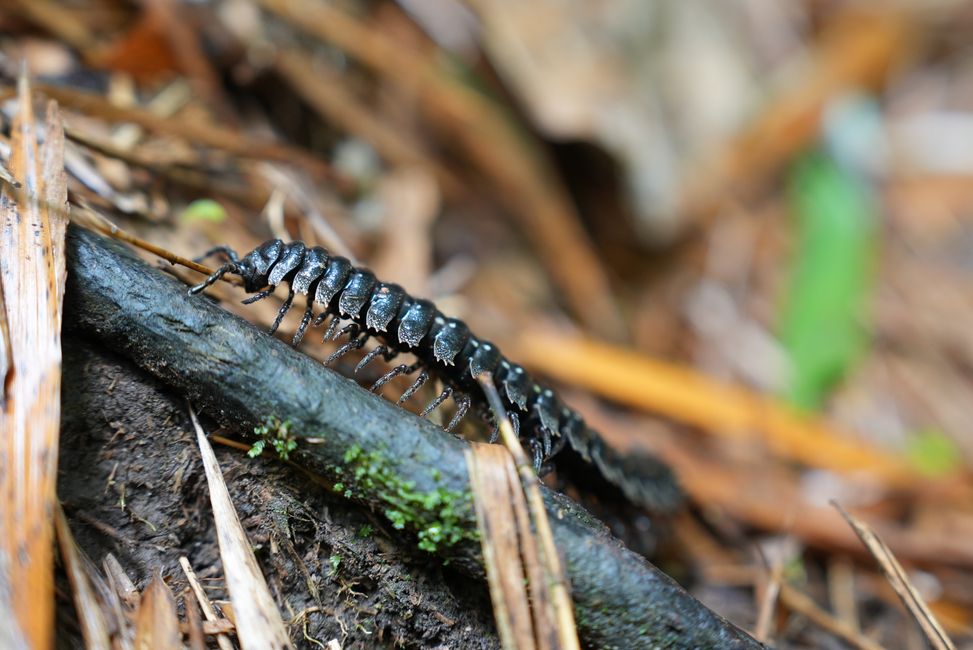
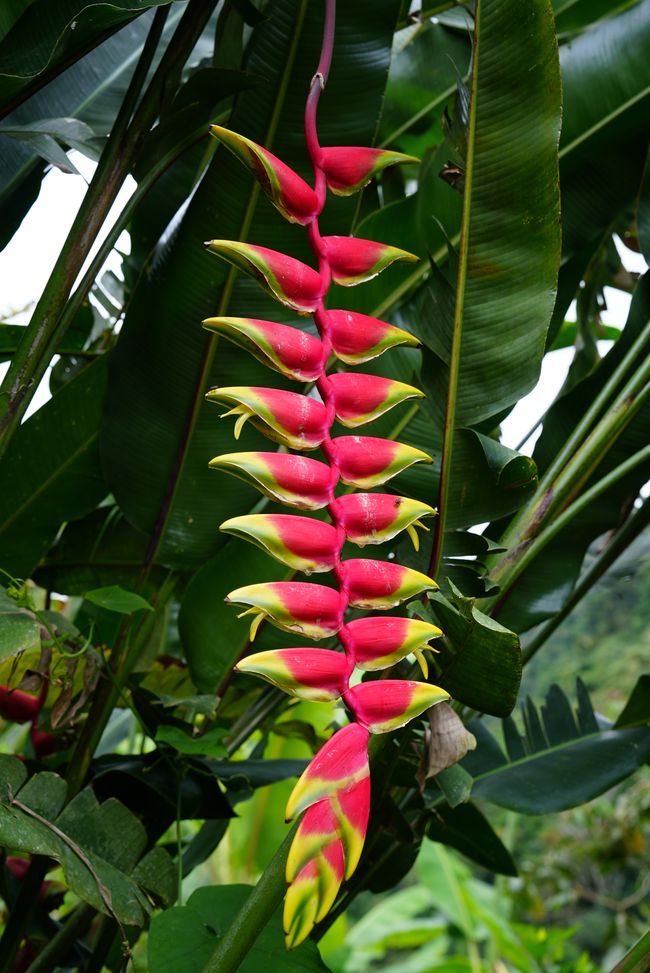
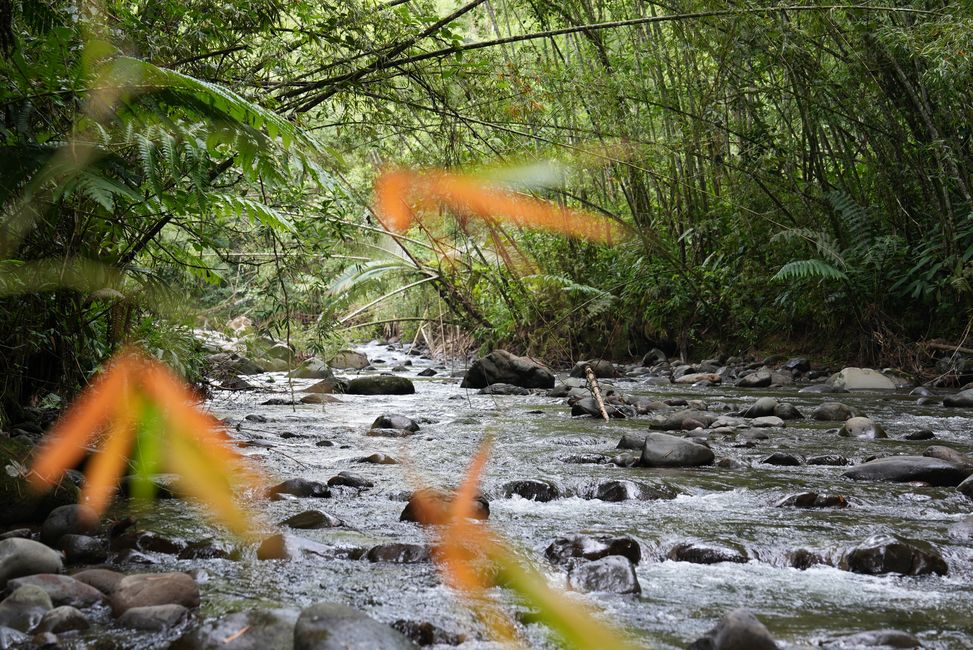
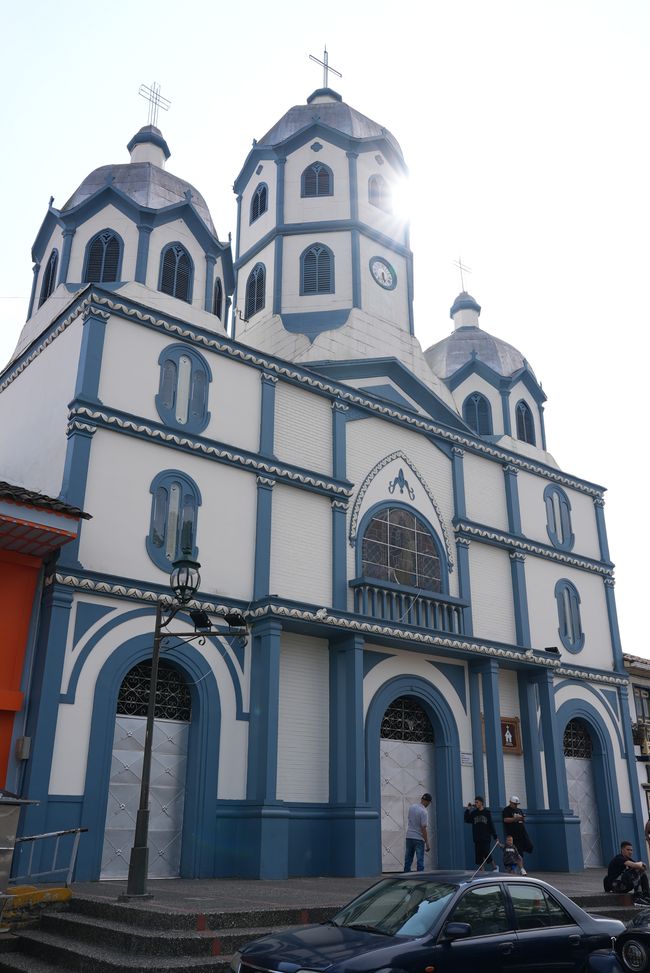
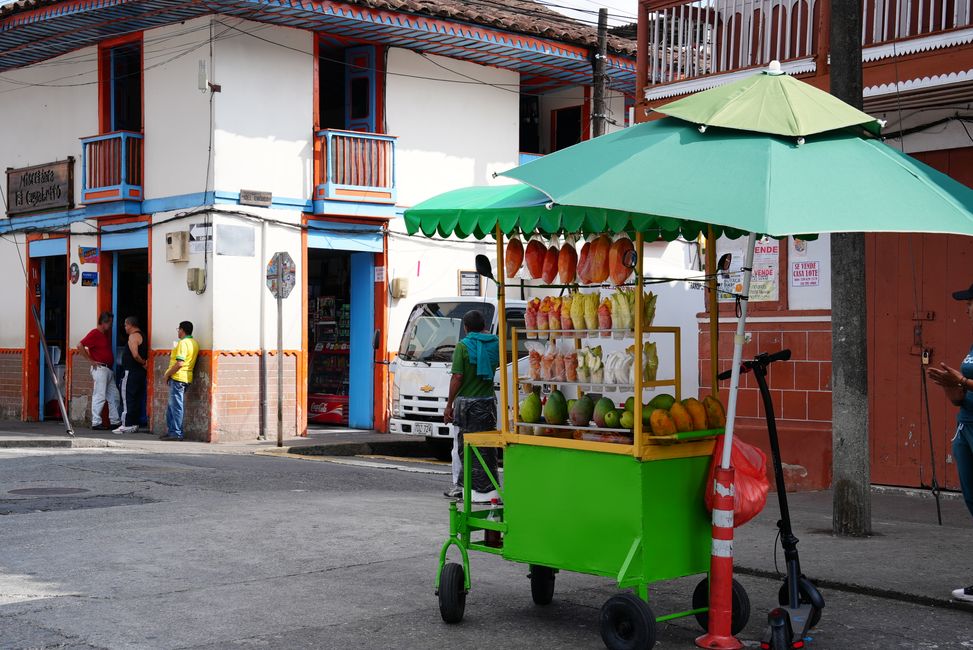
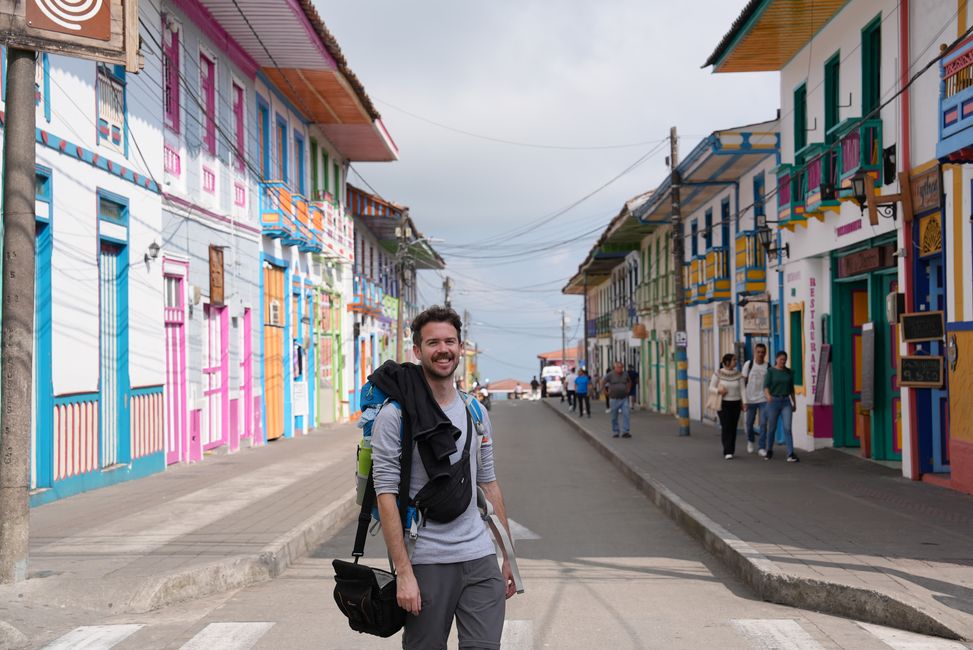
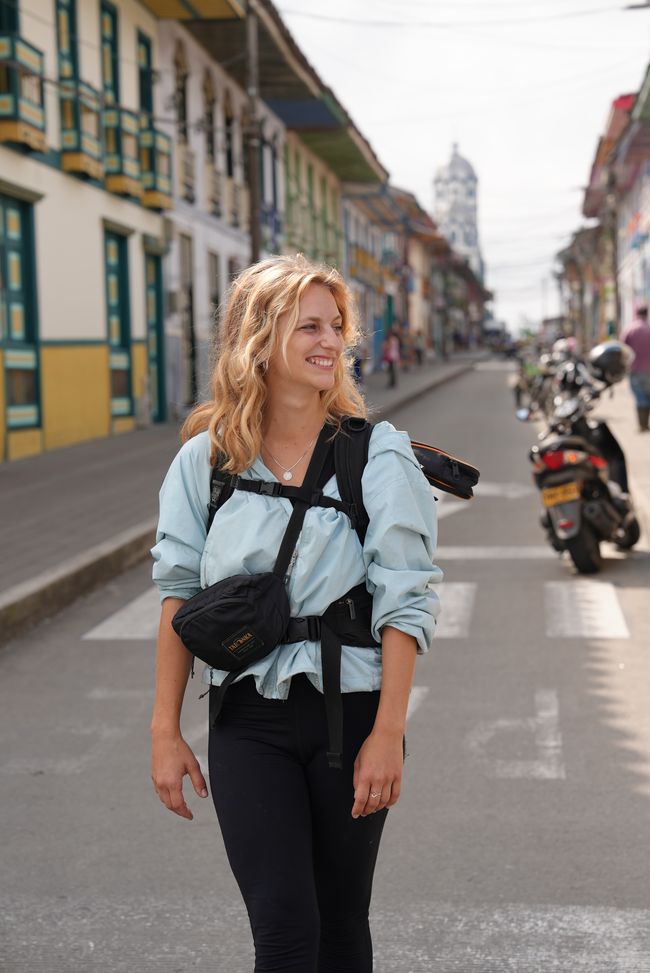
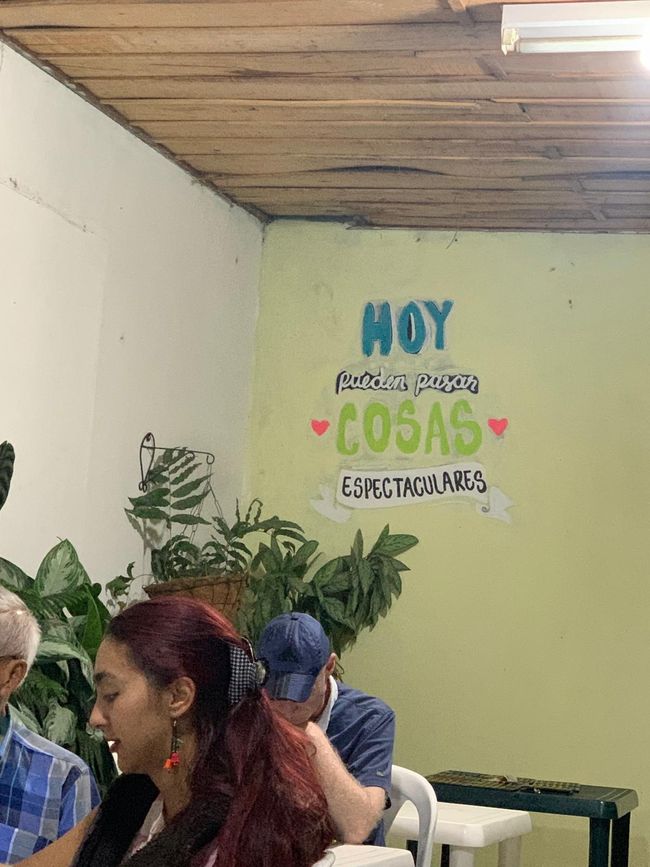
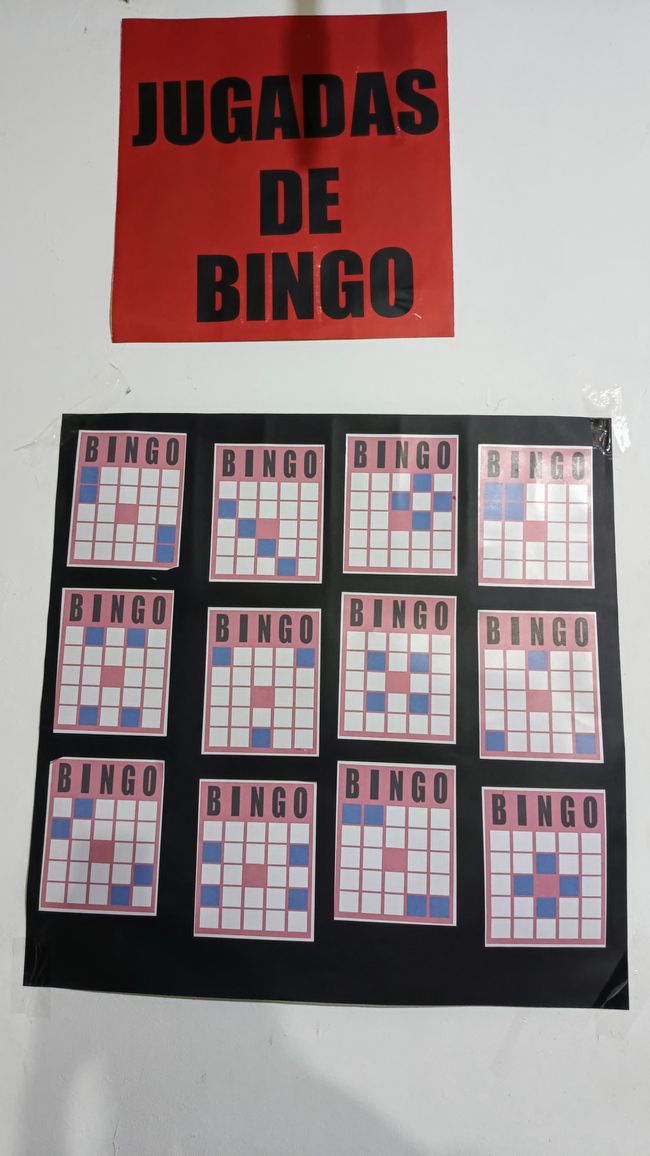
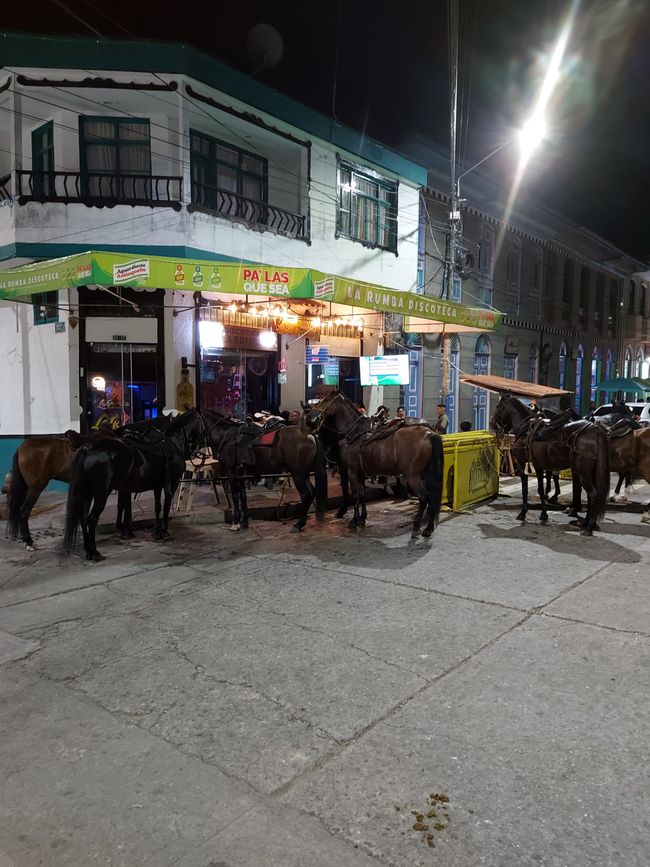
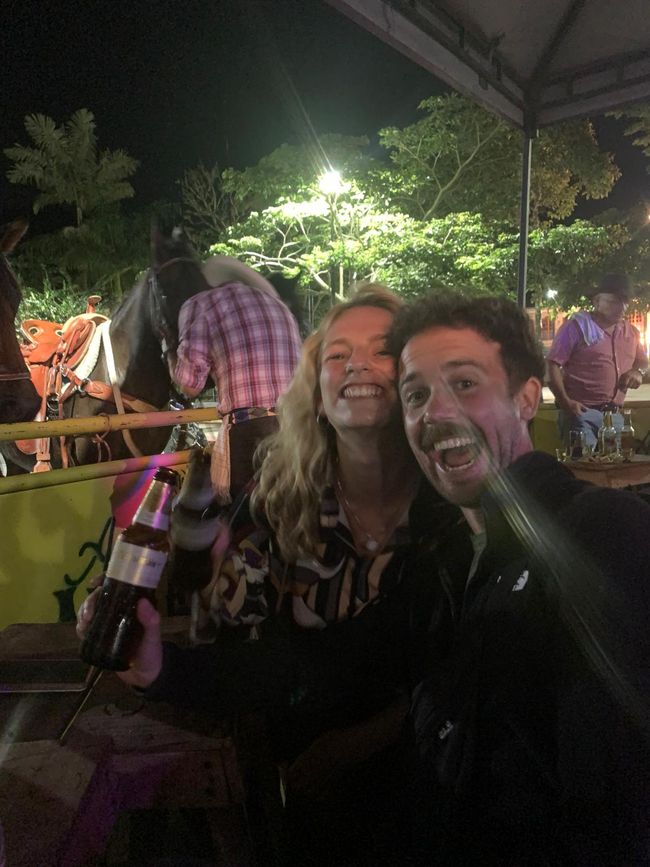
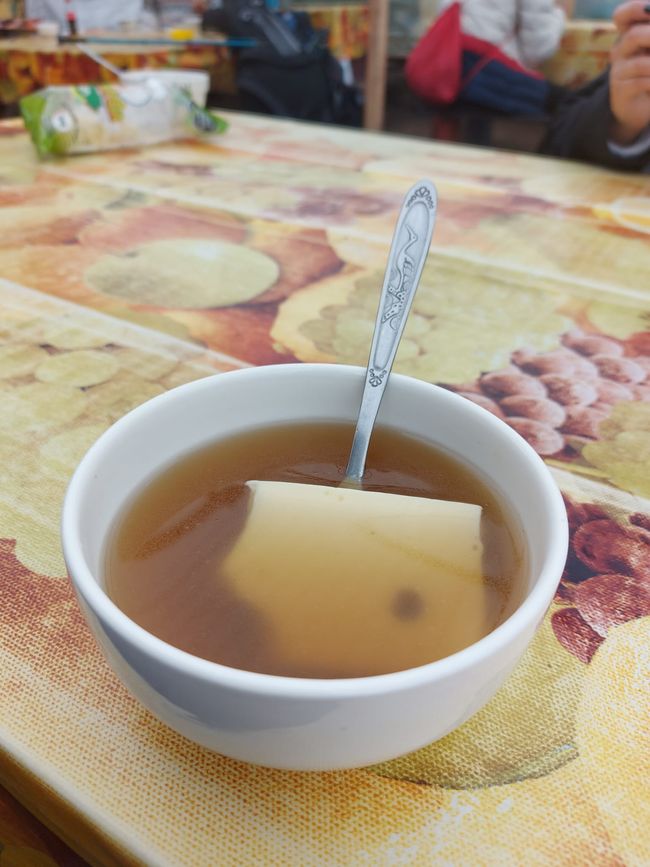
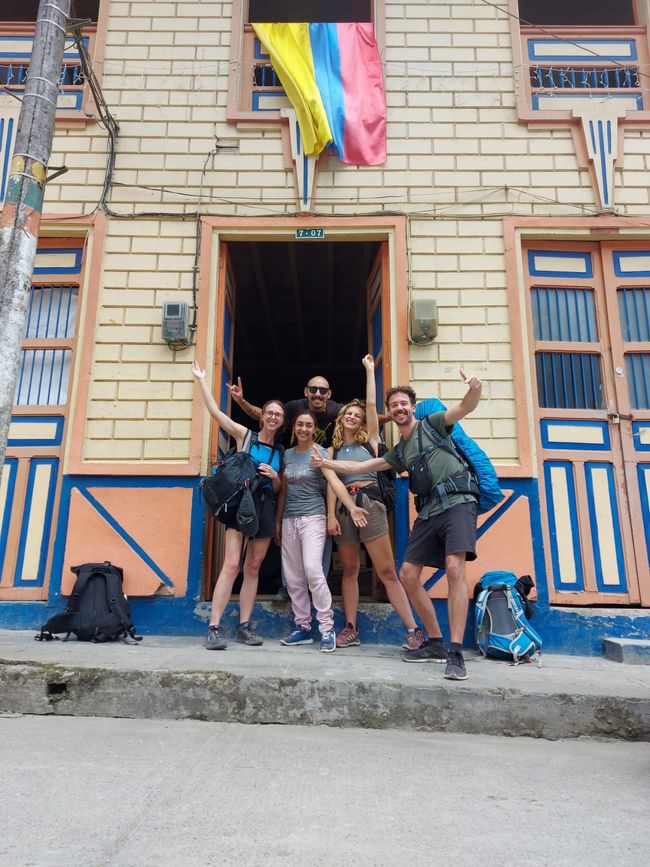
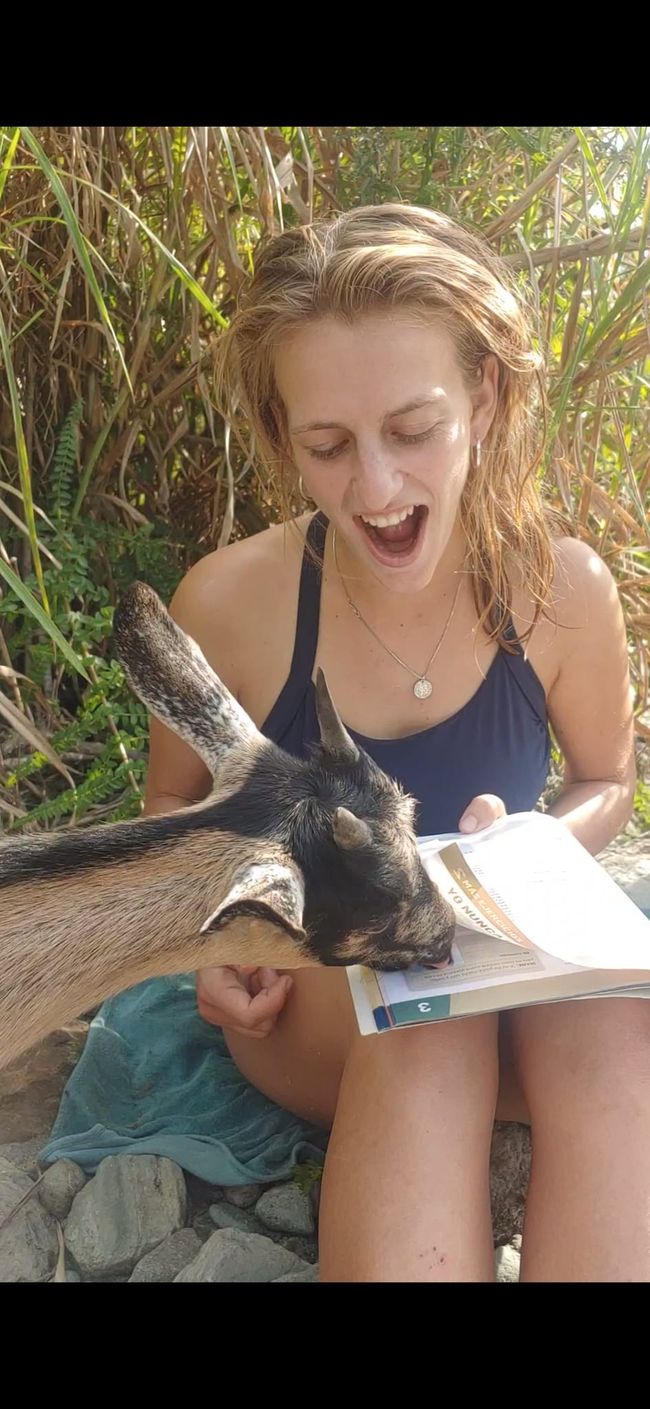
নিউজলেটাৰ চাবস্ক্ৰাইব কৰক
In "Eje Cafetero", the coffee region of Colombia, we met several villages- Salento, Filandia, Buenavista... they were all really picturesque.
But especially we have a small place called Pijao. We are thanks to my Spanish books on Pijao, the first place in Latin America to be mentioned, part of which is the "Cittaslow" movement. And if you're already nearby, why not just check it out?
The Cittaslow-Bewegung has its origins in Italy and is very small place under the label "State without stress" To qualify, they must have at least 50,000 owners* and meet various criteria, including environmental policy, local product development, customer service and national quality. Some attempts by the movement to overcome the lack of infrastructure in South Italy in the 1990s stamp "everything is slow and peaceful here"
Now, at least in Pijao, many people, sometimes even unconscious, want to make the most important values of the movement visible:
The uniqueness here is unmistakable - people really still have time to brawl with strangers on the street. Especially the Omas who seem to do nothing else the whole day but “windows”, like to start unnecessary conversations with passengers.
Our hospitality in "Casa Victoria" was a parade for the guest community in Pijao. She was so graceful and clever in conveying in a language that even with gross hunger or lack of toilet, you can sit for an hour on the floor.
In Pijao, a lot of value is placed on local crafts, basics and products. The small businesses in the country work together with even small local cooperatives, and the people take time to explain their business aspects. You feel the love you put into your work. Especially cool: There's a coffee cooperative here, in which women work - and through the assembly process from brewing to finished cup.
But considering that the vibe of Pijao has simply prevailed for us, there is a lot to discover here. The surroundings are breathtaking and you can see mountains, streams and waterfalls directly from the hostel. There are also cool outdoor farms and coffee farms, and of course you would like to take the time to explain the whole coffee harvesting process in detail.
Oh our Highlight though was the following: Near Pijao there are watch palms. In contrast to overflowing Valley de Cocora in Salento, we had them here quite to ourselves! Just Pipi, Taylor, me and lots of raised palms. Not so spectacular where I read it right now - but it was really something special. Like a house in the mountains, just stay with palm trees.
Übrigens; Another big plus point of Pijao - and generally of places that don't appear on the classic travel checklist - is that you're mostly interested in very cool and interesting traveling treasures, with those of Austausch really being compared. In Pijao we not only had a great time with the Einheimischen, but also met Taylor, who was our travel planner for the next week.
SPANISH (FAILS) MIT PIPE
In Pijao, everyone will be able to play bingo, which is half the village at the start. When we once participated in a daily Pijao-Bingo battle (yes we have quite noticed the difference), Pipi had his best to hang out with the older pair at his table. Shortly before the results were announced, he said apparently "Estoy muy excitado" - I'm very right, said "Estoy muy emocionado" - I'm very excited. Now yeah, maybe they're happy about it - obviously they haven't heard that for a long time anymore.
You know you're a ways off when someone on the way to the bus meets you with a "Bus to the next destination". Bis bald, Pijao. I hope to see you again, and so on,
Bussi Baba
---
Oh wow Pijao!
LEARN SPANISH WITH PIPI
In Pijao, every night they gather to play bingo, almost half the village participates. When we once participated in the daily bingo battle at Pijao (yes, we have reduced the average age quite a bit), Pipi did her best to chat with the older couple at her table. Just before the numbers were announced, he said with conviction "I'm very excited" instead of "I'm very excited." Well, maybe it cheered them up - they probably hadn't heard that in a long time.
নিউজলেটাৰ চাবস্ক্ৰাইব কৰক
উত্তৰ
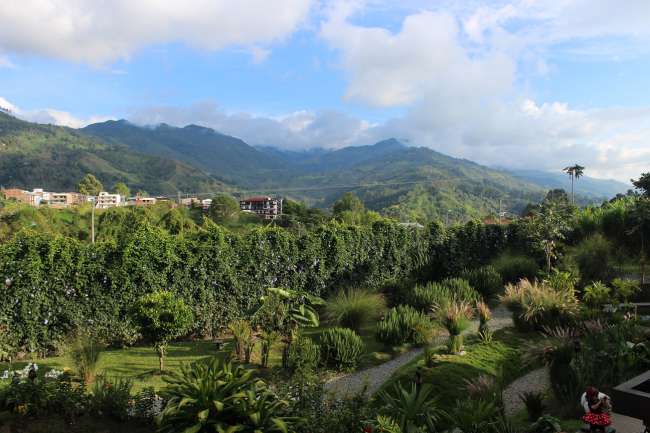
ভ্ৰমণৰ প্ৰতিবেদন কলম্বিয়া

